The Race to Resilience has three advisory bodies:
Technical Secretariat (TS)
Expert Review Group (ERG)
Methodological Advisory Group (MAG)
—
Technical Secretariat – Center for Climate and Resilience Research (CR)2
The Technical Secretariat is an academic body, part of the R2R Executive Team which is in charge of the R2R Metrics Framework and its improvements, and of collating, collecting and interpreting the inputs from R2R partner initiatives following that Framework. Moreover, provides technical support to the High-Level Champions acting as Secretariat to the Expert Review Group (ERG) and the Methodological Advisory Group (MAG).
The Center for Climate and Resilience Research (CR)2 is a world-class interdisciplinary research center of excellence focused on improving the understanding of the earth system and helping building resilience in Chile and Latin America. This includes research on climate change, how to reach the goals of achieving low-carbon, adaptation, sustainable development consistent with the Paris Agreement and the Sustainable Development Goals (SDGs). (CR)2 was created in 2013 with funding from the Priority Areas Program (FONDAP) of the National Research and Development Agency (ANID).
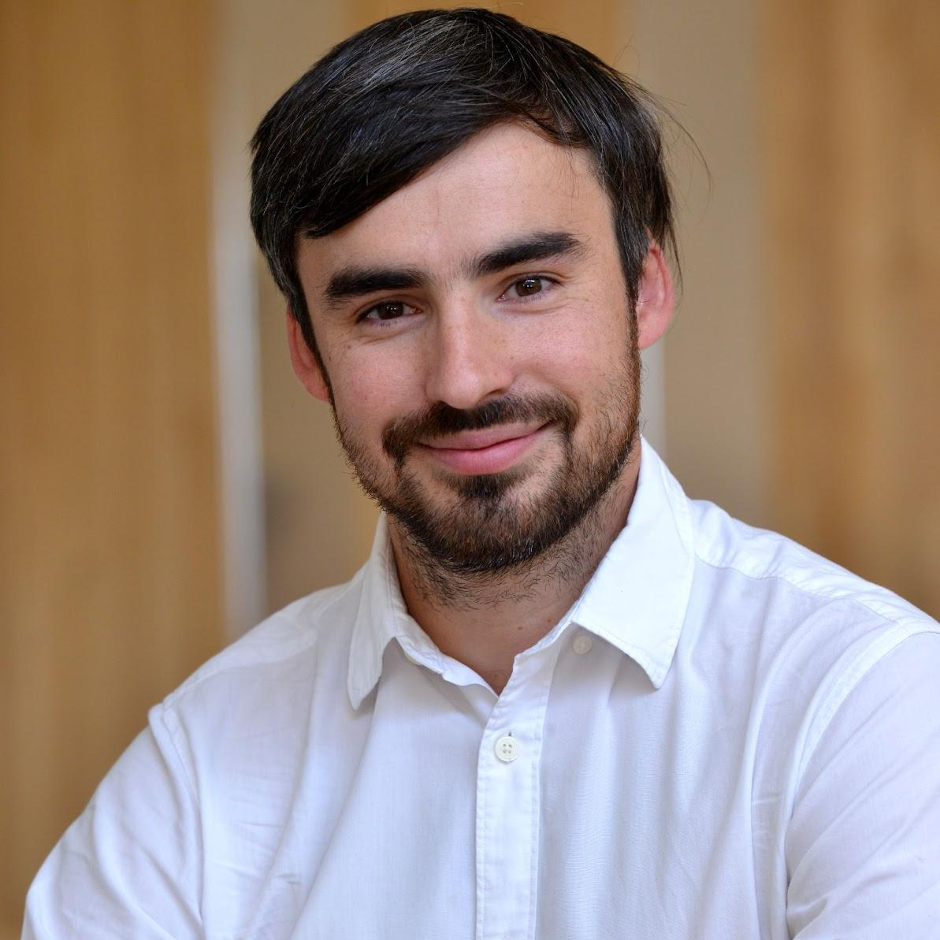
Marco Billi is Professor at the Department for Rural Management and Innovation, Faculty of Agronomical Sciences, University of Chile. He is PhD in Political Processes and Institutions (Universidad Adolfo Ibáñez, Chile). He holds a BSc. and MSc. in Economics (Universitá Commerciale L. Bocconi, Italy) and Master in Systems Analysis applied to Society (Universidad de Chile).

Marco Billi
Marco Billi is Professor at the Department for Rural Management and Innovation, Faculty of Agronomical Sciences, University of Chile. He is PhD in Political Processes and Institutions (Universidad Adolfo Ibáñez, Chile). He holds a BSc. and MSc. in Economics (Universitá Commerciale L. Bocconi, Italy) and Master in Systems Analysis applied to Society (Universidad de Chile). He’s an interdisciplinary researcher with significant experience both in academic research and consultancy, in Chile, Latin America and Europe.
He is a researcher at the Centre for Climate and Resilience Research (CR2, Chile) and is currently Technical Lead of the Technical Secretariat to the Race to Resilience campaign, hosted by (CR)2. His research is focused on risk analysis, resilience building, governance, and science-policy interface, with a particular focus on climate change, and on water, energy and food security. He was a contributing author to the 4th National Communication of Chile to the UNFCCC, and an expert reviewer of the IPCC report on Climate Change 2022: Impacts, Adaptation and Vulnerability.
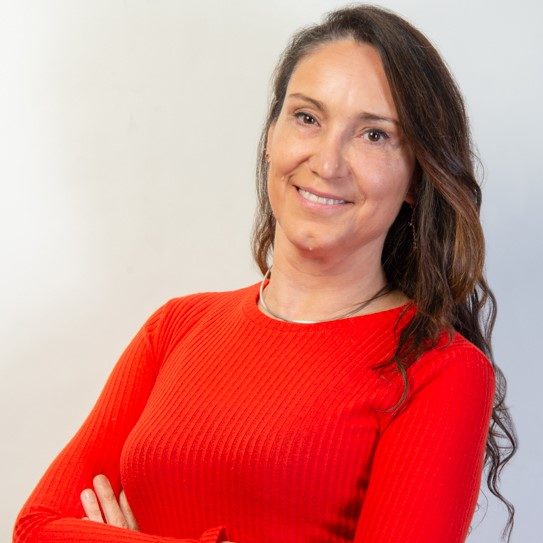
Paulina Aldunce is a Professor at the University of Chile. Her primary expertise is in the social and institutional dimensions of climate change adaptation and transformation, and in disaster risk management. She has a Master degree in Environmental Management and Planning, University of Chile, and a PhD in social science and environmental management, University of Melbourne, Australia. She is Lead author of the IPCC.

Paulina Aldunce
Paulina Aldunce is a Professor at the University of Chile. Her primary expertise is in the social and institutional dimensions of climate change adaptation and transformation, and in disaster risk management. She has a Master degree in Environmental Management and Planning, University of Chile, and a PhD in social science and environmental management, University of Melbourne, Australia. She is Lead author of the IPCC.
She is an Associate Researcher at the Center of Risk and Disaster Reduction (CITRID), University of Chile, and an Associate Researcher at the Center for Climate and Resilience Research (CR)2, and the Strategic Lead of Race to Resilience (RtR). For the Presidency of Chile of the COP25, she was Lead of the Adaptation Table of the Scientific Committee for Climate Change. She has been nominated as lead author and review editor for the Intergovernmental Panel on Climate Change (IPCC) for the Special Report on Managing the Risks of Extreme Events and Disasters to Advance Climate Change Adaptation (SREX), the Fifth Assessment Report (AR5) and the Sixth Assessment Report (AR6), contributing, in addition, to the Technical Summary (TS), Summary for Policy Maker (SPM) and Synthesis Report (SYR).
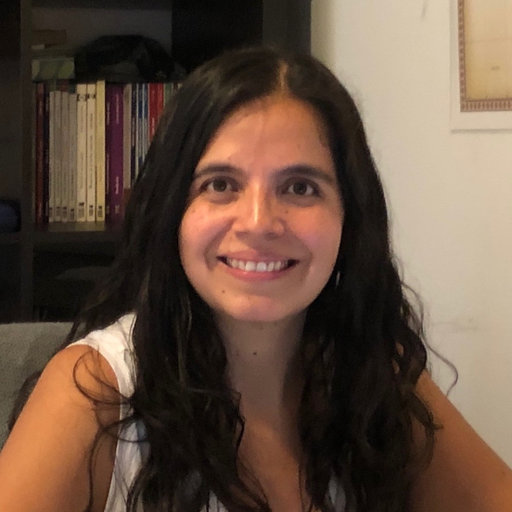
Roxana Bórquez is a Doctor in Geography and Policy Studies at King’s College London. She holds a BA in Natural Resources Engineering and a Master in Public Policy, both from University of Chile. She is a researcher with 15 years of experience in interdisciplinary and international research teams in Latin America, North America and Europe.

Roxana Bórquez
Roxana Bórquez is a Doctor in Geography and Policy Studies at King’s College London. She holds a BA in Natural Resources Engineering and a Master in Public Policy, both from University of Chile. She is a researcher with 15 years of experience in interdisciplinary and international research teams in Latin America, North America and Europe.
She is a researcher at the Centre for Climate and Resilience Research (CR2, Chile), which is the Technical Secretariat of the Race to Resilience campaign. Roxana is currently Resilience Research Lead of the Race to Resilience Campaign. Her research is focused on co-production of knowledge, the science-policy-society interface, and governance in areas such as adaptation and resilience to climate change, and glacier, water and energy fields. She was a contributing author to Chapter 2: High Mountain Areas of the IPCC Special Report on the Ocean and Cryosphere in a Changing Climate (SROCC)
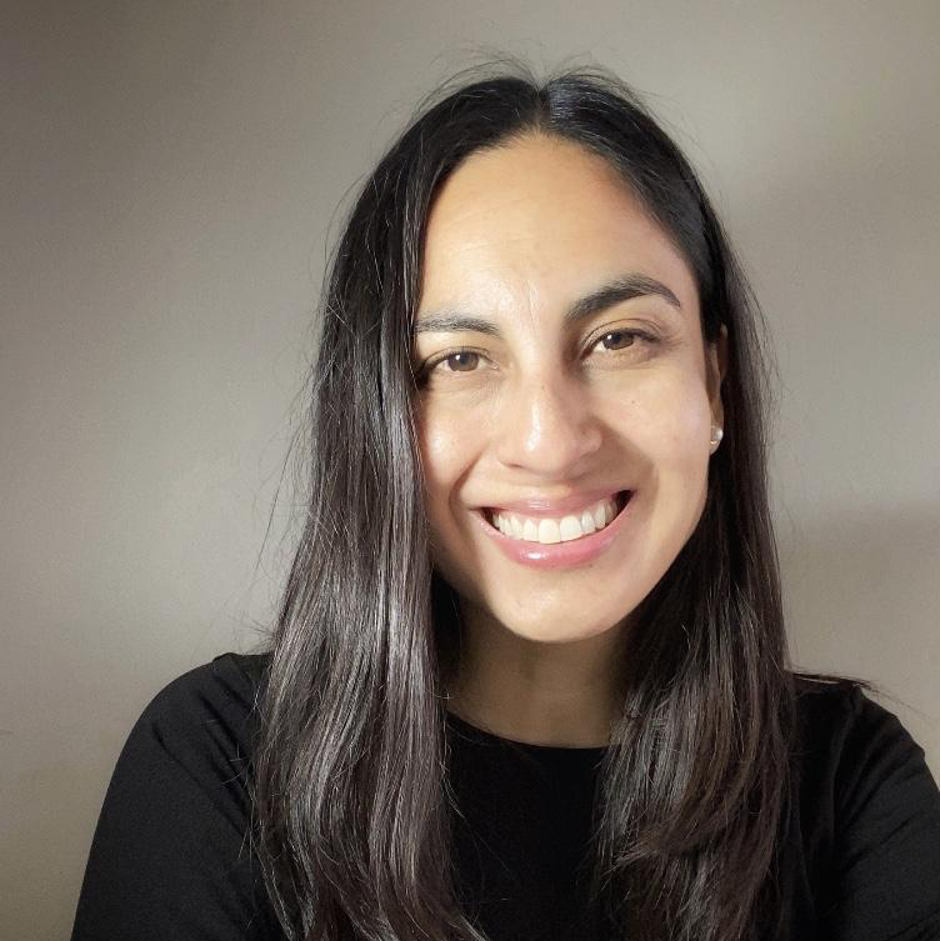
Priscilla Berríos holds a Master in Business Administration from High Point University in the United States and a BSc in Environmental Engineering from Valparaíso University in Chile. She has 17 years of professional experience in the direction, management and operation of projects in areas such as health in the USA, and in health, education and environment in Chile.

Priscilla Berríos
Priscilla Berríos holds a Master in Business Administration from High Point University in the United States and a BSc in Environmental Engineering from Valparaíso University in Chile. She has 17 years of professional experience in the direction, management and operation of projects in areas such as health in the USA, and in health, education and environment in Chile. Her trajectory can be summarized in the management of projects as well as the development and launching of units and interdisciplinary teams/centers for different organizations in Chile.
She is currently the Project Manager of the Race to Resilience´s Technical Secretariat, hosted by Centre for Climate and Resilience Research (CR)2 in Chile where she coordinates the technical secretariat`s work. She also works in the General Direction of Institutional Development and Quality Assurance of Valparaíso University in Chile, is part of the Hub for Transdisciplinary Systemic Studies (NEST-R3) and is a volunteer in climate action organizations.
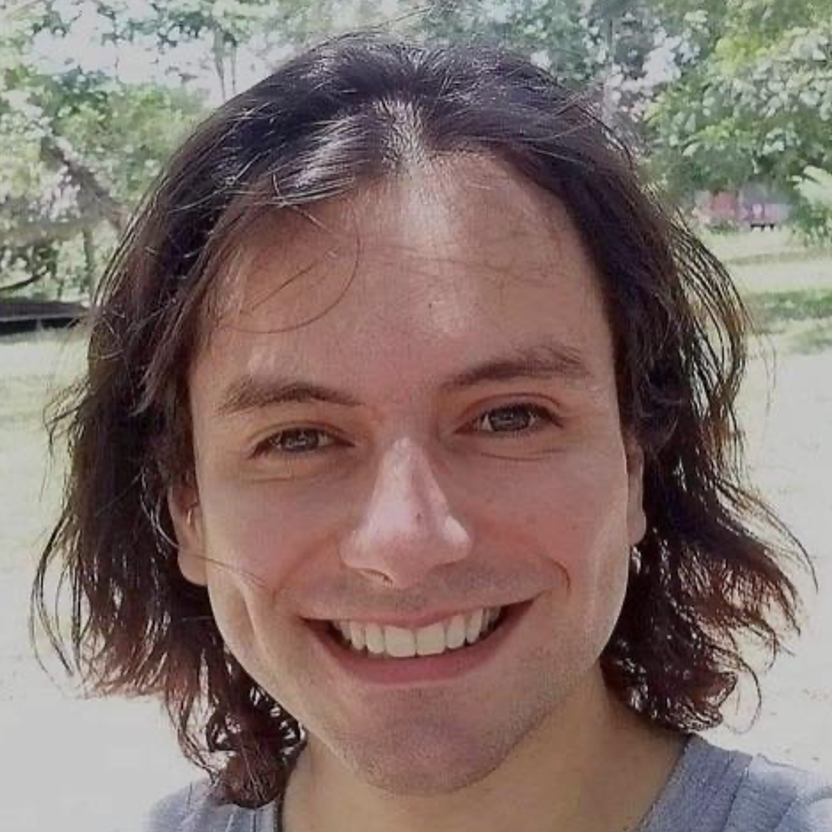
Francis Mason is a researcher at the Center for Climate and Resilience Research. He holds a master’s degree in sociology from Alberto Hurtado University, where he also earned his degree in sociology. In addition, he has completed postgraduate studies in Chinese studies from Universidad de Chile and received training as a Permaculture designer from El Manzano in Chile.

Francis Mason
Francis Mason is a researcher at the Center for Climate and Resilience Research. He holds a master’s degree in sociology from Alberto Hurtado University, where he also earned his degree in sociology. In addition, he has completed postgraduate studies in Chinese studies from Universidad de Chile and received training as a Permaculture designer from El Manzano in Chile.
Francis is an expert in data science and programming, which he incorporates into his research and advocacy work. Currently, he holds the position of Metrics Lead at the Centre for Climate and Resilience Research (CR)2 in Chile, which serves as the Technical Secretariat for the Race to Resilience Campaign. He is an active member of the Hub for Transdisciplinary Systemic Studies (NEST-R3).
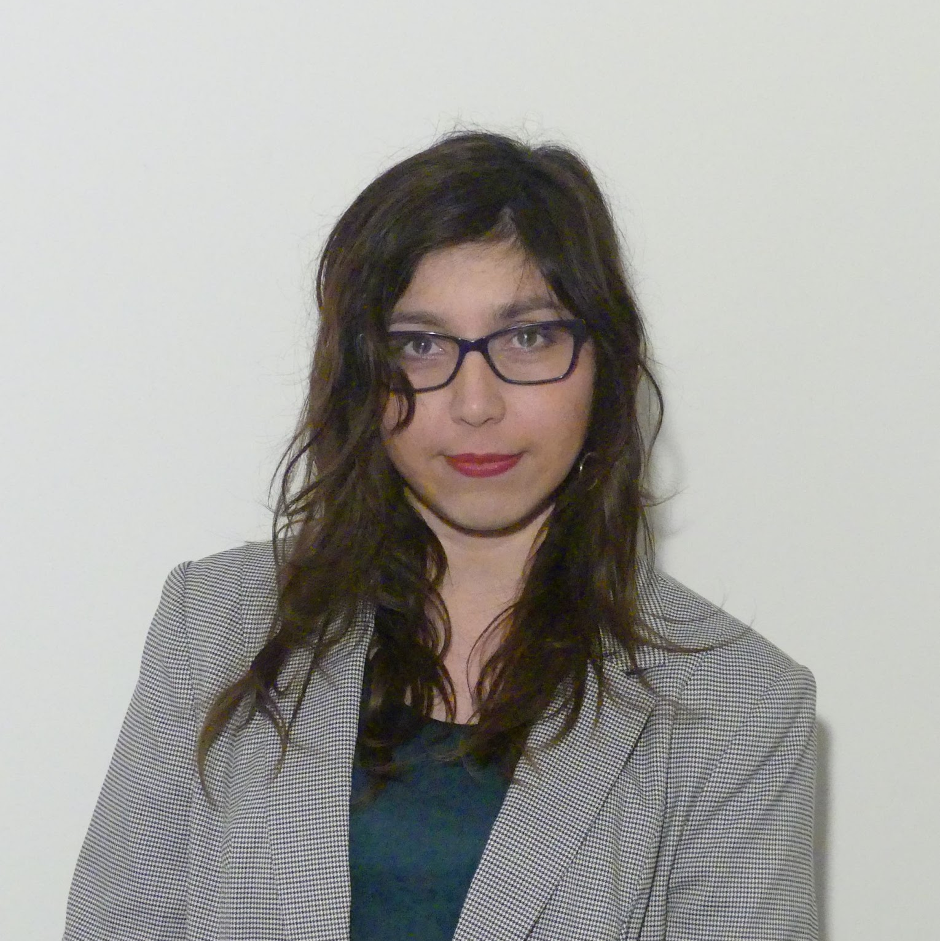
Nicolle Aspee holds a Master’s in Environment and Sustainable Development from University College London (UCL) and a BSc in Geography, from the Pontifical Catholic University of Chile (PUC) and she is currently a doctoral student at the Department of Geography in UCL.

Nicolle Aspee
Nicolle Aspee holds a Master’s in Environment and Sustainable Development from University College London (UCL) and a BSc in Geography, from the Pontifical Catholic University of Chile (PUC) and she is currently a doctoral student at the Department of Geography in UCL.
Nicolle has experience as a consultant in national and international agencies dealing with sustainability issues. She has worked in different projects, assessing and managing natural and social systems at different spatial scales. Her research focuses on climate risk, citizen science and resilience building from a transdisciplinary perspective.
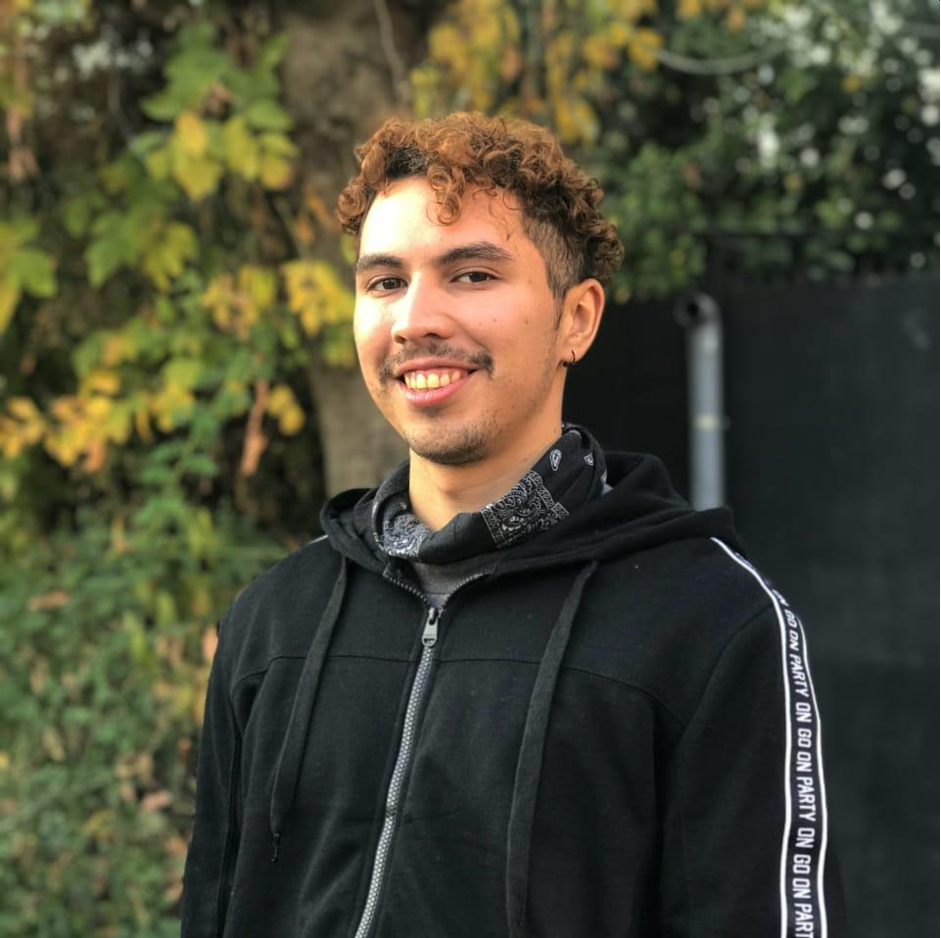
Juan Carlos Varela González holds a Bachelor’s degree in Sociology and is currently pursuing a Master’s degree in Systems Analysis Applied to Society at the University of Chile, focusing on investigating ways to increase climate resilience.

Juan Carlos Varela
Juan Carlos Varela González holds a Bachelor’s degree in Sociology and is currently pursuing a Master’s degree in Systems Analysis Applied to Society at the University of Chile, focusing on investigating ways to increase climate resilience.
Juan Carlos has experience and knowledge in social studies related to climate change, socio-ecological studies, and resilience theory. He is also skilled in data management and the development of methodological tools. He has collaborated in research designs related to climate resilience and risk management, as well as providing support as a teacher in courses on public policies, environmental sociology, and social sciences applied to climate change.
In his professional career, Juan Carlos has experience in executing survey projects and data analysis in social studies. In 2022, he joined the Race to Resilience campaign of the Climate and Resilience Research Center (CR2, Chile) as technical support in data treatment and visualization, as well as in the construction of the framework used by the campaign.
Currently, he is a member of the Transdisciplinary Systemic Studies Hub (NEST-R3). Juan Carlos’ expertise in sociology and research on climate resilience make him a capable professional to contribute to the development of sustainable solutions for current and future climate challenges.
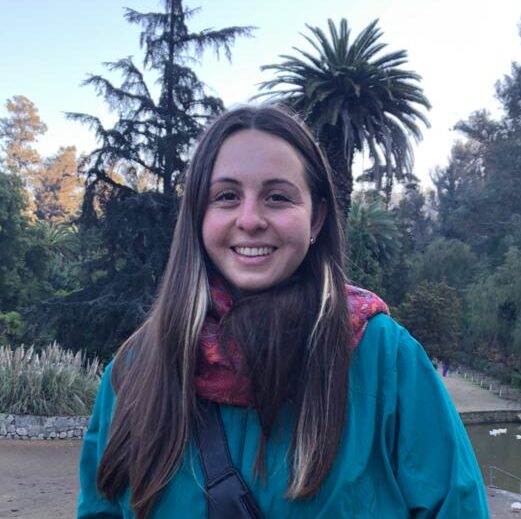
Marcela Cuevas holds a Bachelor’s degree in Social Anthropology and is currently working on her thesis about conservation and tourism in Villa Cerro Castillo, a rural town located in the Aysén region.

Marcela Cuevas
Marcela Cuevas holds a Bachelor’s degree in Social Anthropology and is currently working on her thesis on conservation and tourism in Villa Cerro Castillo, a rural town located in the Aysén region. She is a member of the Transdisciplinary Systemic Studies Hub (NEST-R3), where she has collaborated in projects related to glacial hazards management and energetic poverty.
Marcela has significant experience in qualitative and quantitative analysis as well as experience coordinating and organizing meetings and activities with different institutions and organizations throughout her career.
The Expert Review Group (ERG)
The ERG is an advisory body composed of 17 experts from different geographies, backgrounds and expertise. They were selected through an open call for applications from a competitive pool of applicants. They are members of academia, subnational governments, the private sector and civil society organizations, representing 12 countries worldwide. 53% of them are women and 47% men. Together, they hold vast experience as practitioners or researchers working on resilience and adaptation to climate change.
This group of experts provides advice to the Race to Resilience campaign and the High-Level Champions on issues such as: which initiatives should be included in the campaign and how those initiatives and their members could improve their procedural criteria. They also advise on the overall progress of Race to Resilience and make recommendations to Champions on how the campaign can be strengthened.

Ellen Acioli was born and grew up in the Amazon, Brazil. She graduated in Biological Sciences, has a master degree in Ecology and Conservation, and specialization in Sustainable Projects and Climate Change.

Ellen Acioli
Ellen Acioli was born and grew up in the Amazon, Brazil. She graduated in Biological Sciences, has a master degree in Ecology and Conservation, and specialization in Sustainable Projects and Climate Change.
She has worked throughout her career to protect and conserve forests and their peoples, and safeguard livelihoods, cultures and traditions. She supported the creation of protected areas, the strengthening of local communities and activities that keep the forest standing.
She currently works at Fundación AVINA in the coordination team of the Voices for Climate Action program, which aims to help civil society actors engage and take their voices beyond their communities, in order to influence public policies for mitigation and adaptation to climate change implementation of effective climate solutions at local and regional levels.
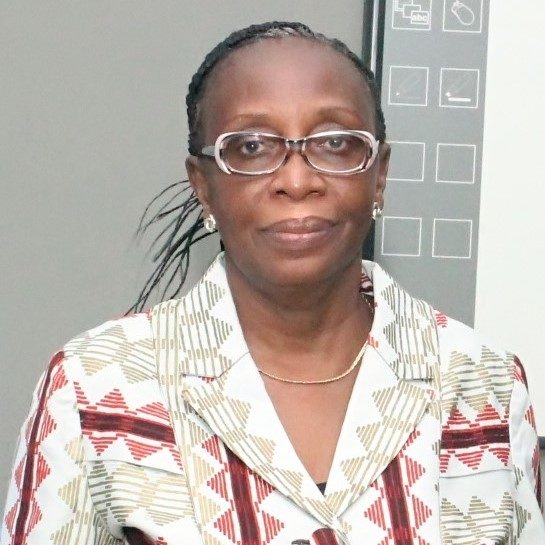
Ibidun Adelekan is a geographer by training with over 25 years’ experience as an academic engaged in climate research. She is a Professor at the University of Ibadan, Ibadan (Nigeria). She is a citizen of Nigeria.

Ibidun Adelekan
Ibidun Adelekan is a geographer by training with over 25 years’ experience as an academic engaged in climate research. She is a Professor at the University of Ibadan, Ibadan (Nigeria). She is a citizen of Nigeria.
Her field of research expertise include climate and society, human dimensions of global environmental change, and climate change adaptation and disaster risk reduction in coastal and urban areas.
She has good experience in participatory field research and engagement of different categories of stakeholders through the organization of capacity building workshops, multi-stakeholder platforms, media engagements and policy dialogues.
Knowledge generated from her research activities have been upscaled to inform and influence decision-making by different categories of stakeholders. She is a coordinating lead author of the Africa chapter – IPCC Sixth Assessment Report Working Group II on Impacts, Adaptation and Vulnerability.
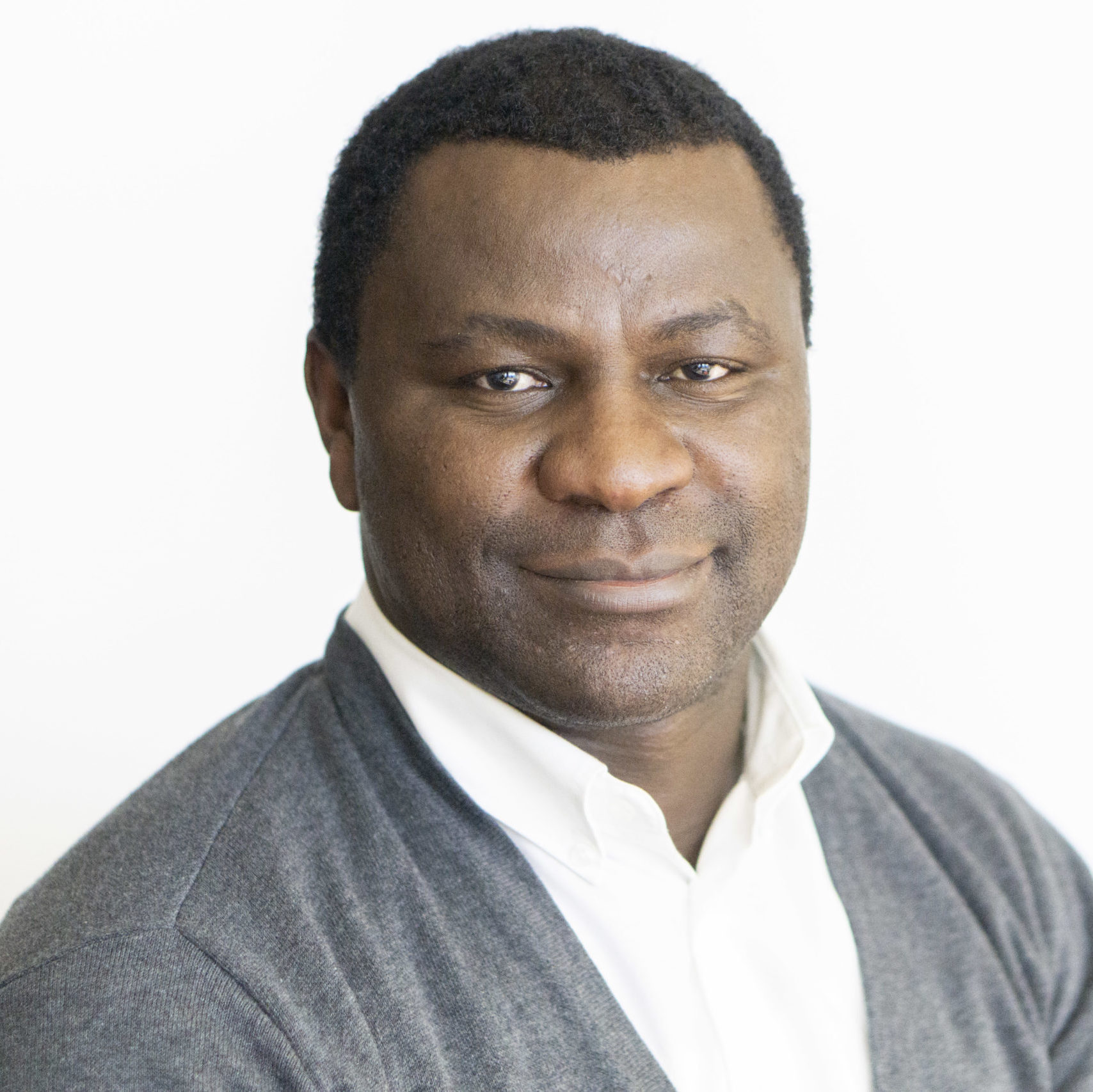
Ambe Emmanuel Cheo is an Associate Academic Officer at the United Nations University (UNU-ViE) where he contributes to research, capacity building and outreach activities in the frame of projects.

Ambe Emmanuel Cheo
Ambe Emmanuel Cheo is an Associate Academic Officer at the United Nations University (UNU-ViE) where he contributes to research, capacity building and outreach activities in the frame of projects.
He is a Technical Expert within the Consultative Group of Experts on National Communications from Parties not included in Annex I (CGE) and a member of the FAO Transparency network. He has more than five years’ experience working on topics, among others, related to water resources management, groundwater modelling and climate change. For his earlier studies, he focused on popularizing the implications of climate change on water resources to policymakers, stakeholders and vulnerable farmers. His expertise is particularly relevant to Africa, where he has worked for several years as project coordinator, project manager and principal investigator in different projects. Emmanuel holds a PhD in Environmental and Resource Management (ERM), from the Brandenburg University of Technology (BTU) Cottbus-Senftenberg, Germany.
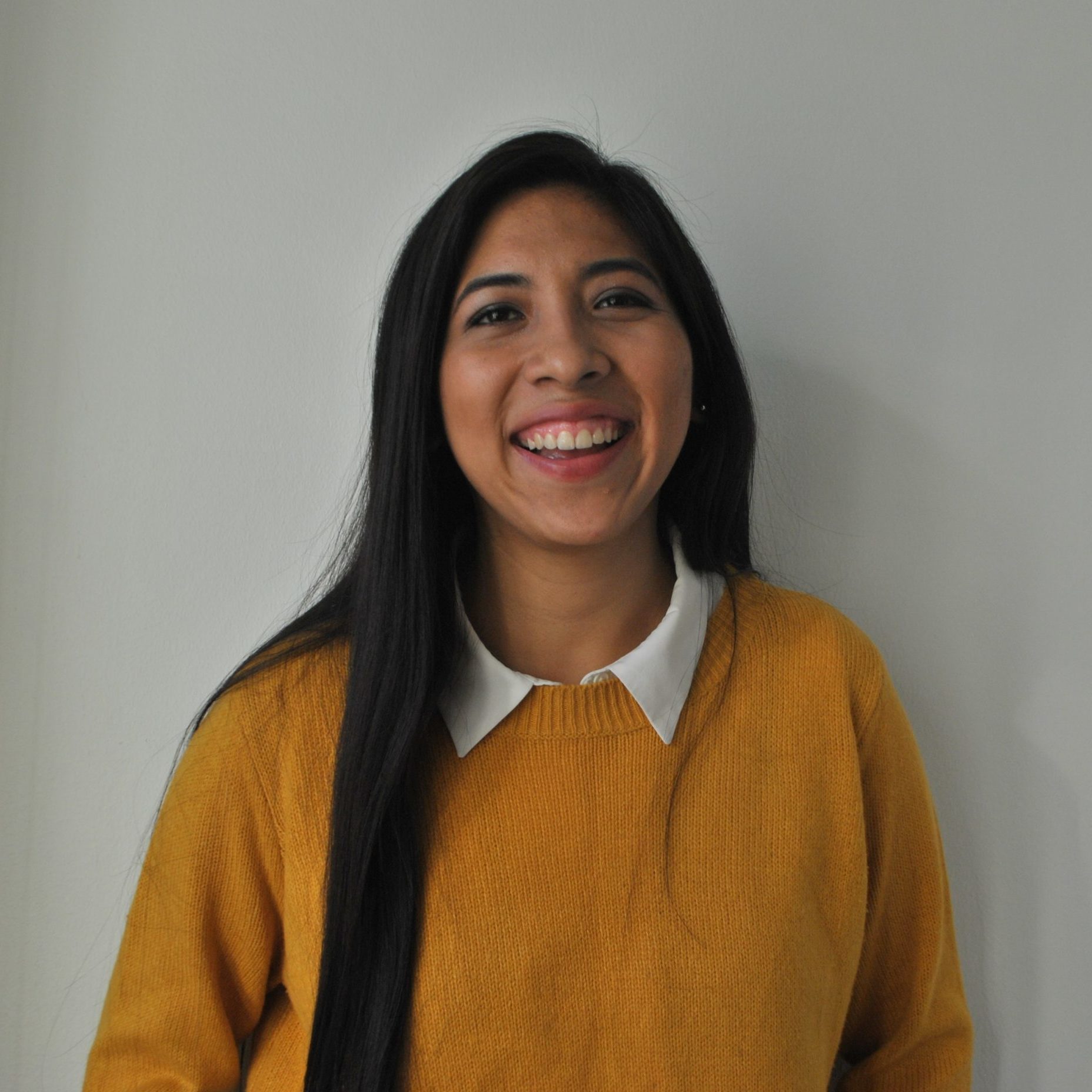
Fabiola Espinoza is currently a PhD Candidate in Sustainability Science, focusing on understanding how power structures and different worldviews influence the governance of coastal adaptation and what it means for social justice and environmental integrity.

Fabiola Espinoza
Fabiola Espinoza is currently a PhD Candidate in Sustainability Science, focusing on understanding how power structures and different worldviews influence the governance of coastal adaptation and what it means for social justice and environmental integrity.
She is a Peruvian national, belongs to the Center for Sustainability Science-LUCSUS, Lund University (Sweden) and works under the Marine Coastal Ecosystem Biodiversity and Services in a Changing World (MACOBIOS) Project.
She has nearly six years of experience in issues related to coastal resilience and financial inclusion at national and international level. She worked as part of the decision-makers of a natural protected area in Peru supporting fisheries management and marine biodiversity conservation initiatives, as well supported small-scale fisheries access to financial resources while working at the Food and Agriculture Organization of the United Nations (FAO).
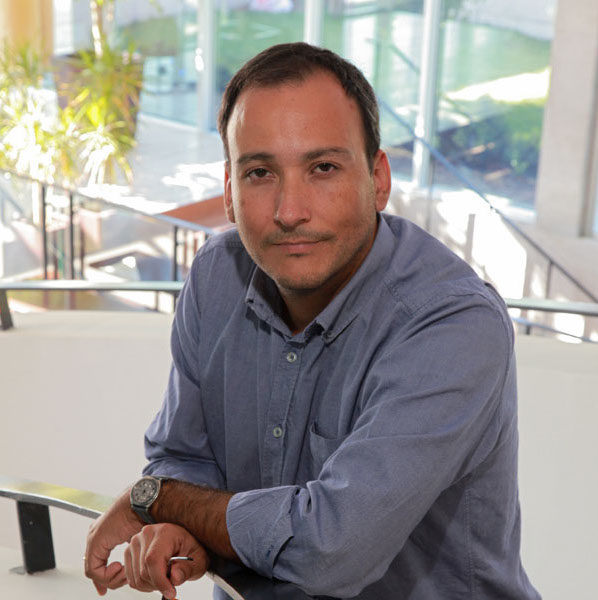
Alex Godoy-Faundez is Director of Sustainability Research Center at Universidad del Desarrollo (Chile), Doctor Honoris Causa at the University of Wisconsin – Green Bay, and Research Associate at Earth Engineering Center at Columbia University working on Sustainability Science.

Alex Godoy-Faundez
Alex Godoy-Faundez is Director of Sustainability Research Center at Universidad del Desarrollo (Chile), Doctor Honoris Causa at the University of Wisconsin – Green Bay, and Research Associate at Earth Engineering Center at Columbia University working on Sustainability Science.
At the international level, he was a member of the HPLE Committee on Food Security and Nutrition at FAO, an expert reviewer of “Global Sustainable Development Report” and “10 New Insights in Climate Science 2019” for COP25 and leading author for the “10 New Insights in Climate Science 2020”. Today, He is a Review Editor of Working Group III for the next IPCC Report, leading author for Global Environment Outlook (GEO) for Business at UNEP and Chilean representative of UN Sustainable Development Solutions Network (SDSN).
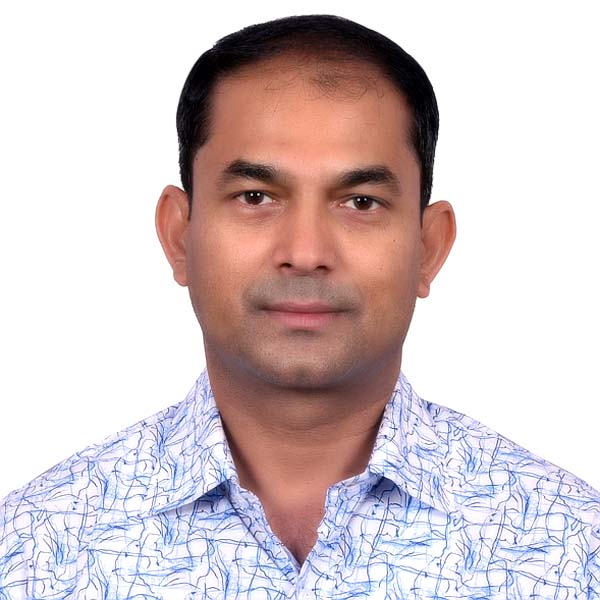
Narayan Gyawali is Nepal Program Director at Lutheran World Relief (LWR) – a member of the Corus family of organizations.

Narayan Gyawali
Narayan Gyawali is Nepal Program Director at Lutheran World Relief (LWR) – a member of the Corus family of organizations. Mr Gyawali has over 20 years of experience in participatory project design, implementation, monitoring assessment and adaptive learning, with expertise in resilience and resilience measurement, Disaster Risk Reduction (DRR) and agricultural entrepreneurship. Mr Gyawali’s recent work includes:
- Collaboration with Yale University, Z Zurich Foundation and TANGO International on resilience measurement.
- Assessment on Trans-Boundary Early Warning System in Nepal-India.
- Development of the Six Pillars of a Transboundary Flood Resilience Community
Mr Gyawali is PhD Scholar and doing research in flood resilience. He holds a master’s degree in Development Evaluation and Management from Antwerp University, Belgium. He has special research interest in flood resilience measurement, social capital and local governance.
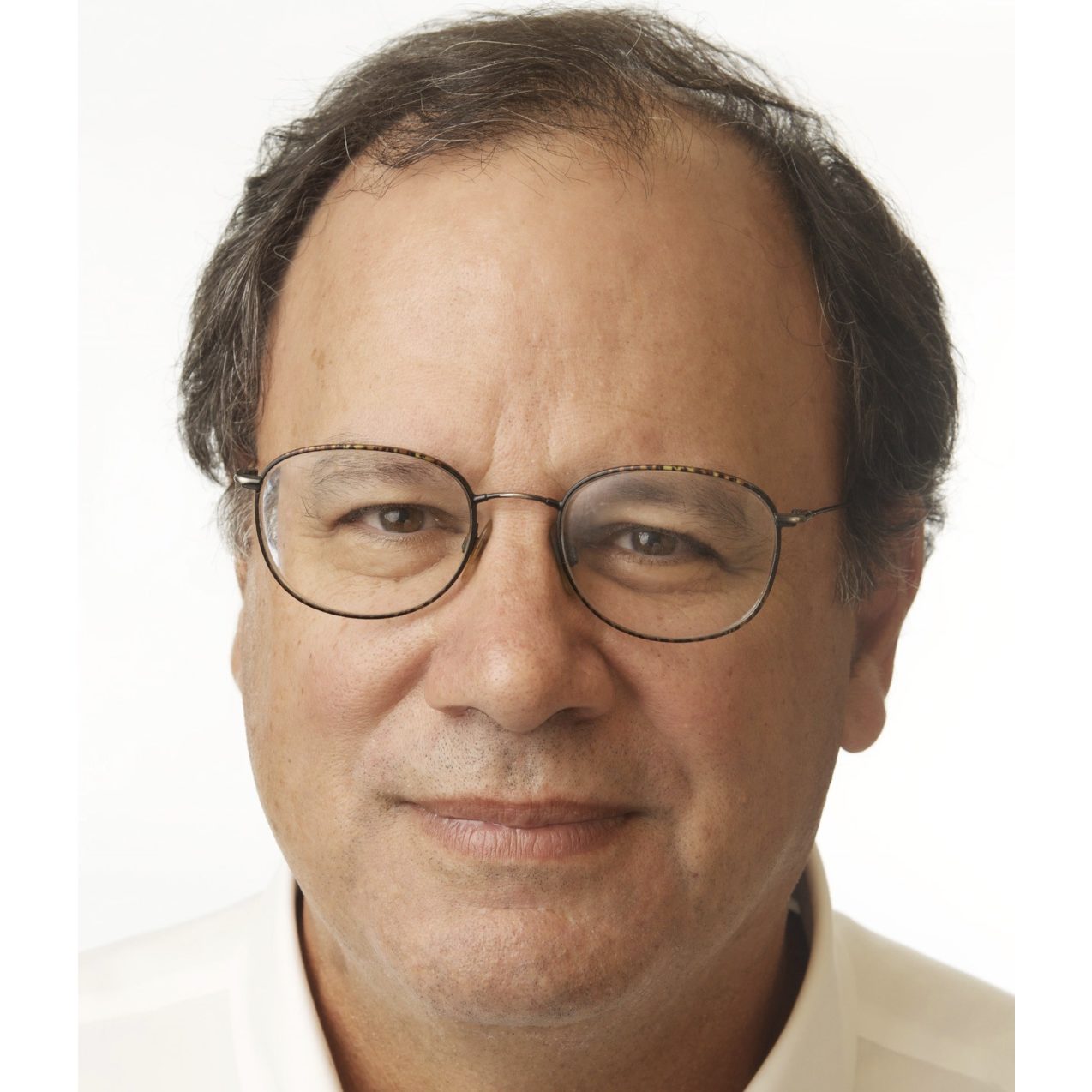
George Haddow is an American citizen who serves as a Strategic Advisor to Adaptation Leader LLC and a Principal and Co-Founder of Bullock & Haddow LLC.

George Haddow
George Haddow is an American citizen who serves as a Strategic Advisor to Adaptation Leader LLC and a Principal and Co-Founder of Bullock & Haddow LLC.
He holds a Bachelor of Arts degree from Washington College and a Masters in Urban and Regional Planning from the University of New Orleans. Mr Haddow served as White House Liaison and Deputy Chief of Staff to FEMA Director James L. Witt from 1993-2001.
He currently serves as a Senior Advisor to the Institute for Sustainable Development and is a charter member of the American Society of Adaptation Professionals.
Mr Haddow serves as a Senior Fellow at the Disaster Resilience Leadership Academy at Tulane University.
Mr Haddow co-authored several university-level textbooks including two books focused on risk reduction and climate change adaptation, “Living with Climate Change: Thriving and Surviving in a Changing Climate” and “Global Warming, Natural Hazards.”
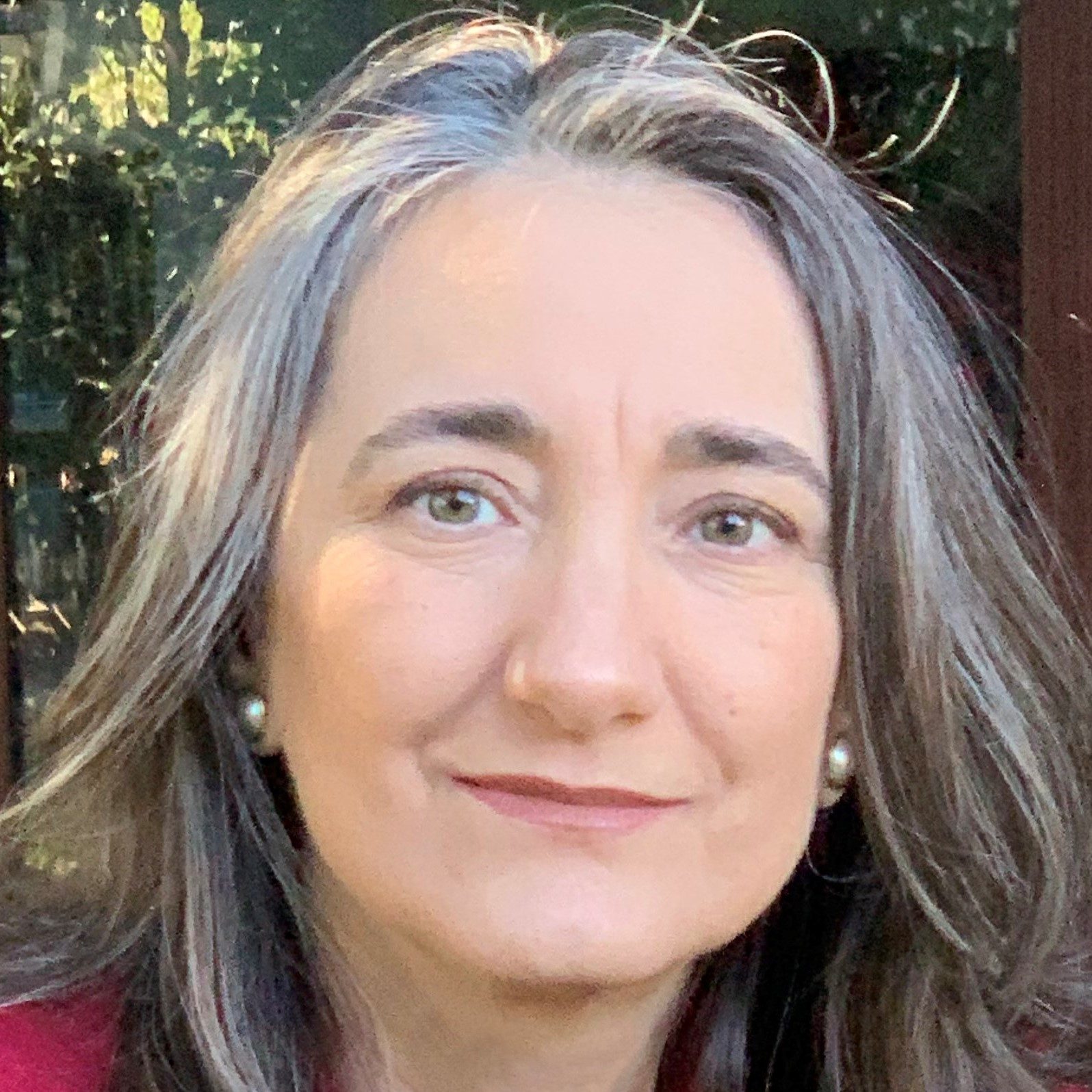
Marina Hermosilla is currently serving as the Executive Director of Chile’s Corporate Leaders Group on Climate Change (CLG-Chile). She is a member of the Advisory Committee for Climate Action of Chile’s Ministry of the Environment.

Marina Hermosilla
Marina Hermosilla is currently serving as the Executive Director of Chile’s Corporate Leaders Group on Climate Change (CLG-Chile). She is on the Advisory Board of World Wildlife Fund for Nature, WWF-Chile, and also member of the Advisory Committee for Climate Action of the Chile’s Ministry of the Environment.
Marina has an Agronomy degree from University of Chile and has more than 25 years of ample and solid experience in the public, private, academic and civil society sectors. She participated in the creation of the Environmental Impact Assessment System in Chile, and she has advised state agencies in the design of environmental public policies and regulations.
She served as Sustainability Director at Walmart Chile, at the Polpaico holding of Switzerland’s Holcim Group, and Director of Social and Environmental Responsibility at Masisa Chile. She has taught at Faculties of Medicine and Agronomy of the U. of Chile and the Master of Environment and Sustainable Development of the U. Mayor.
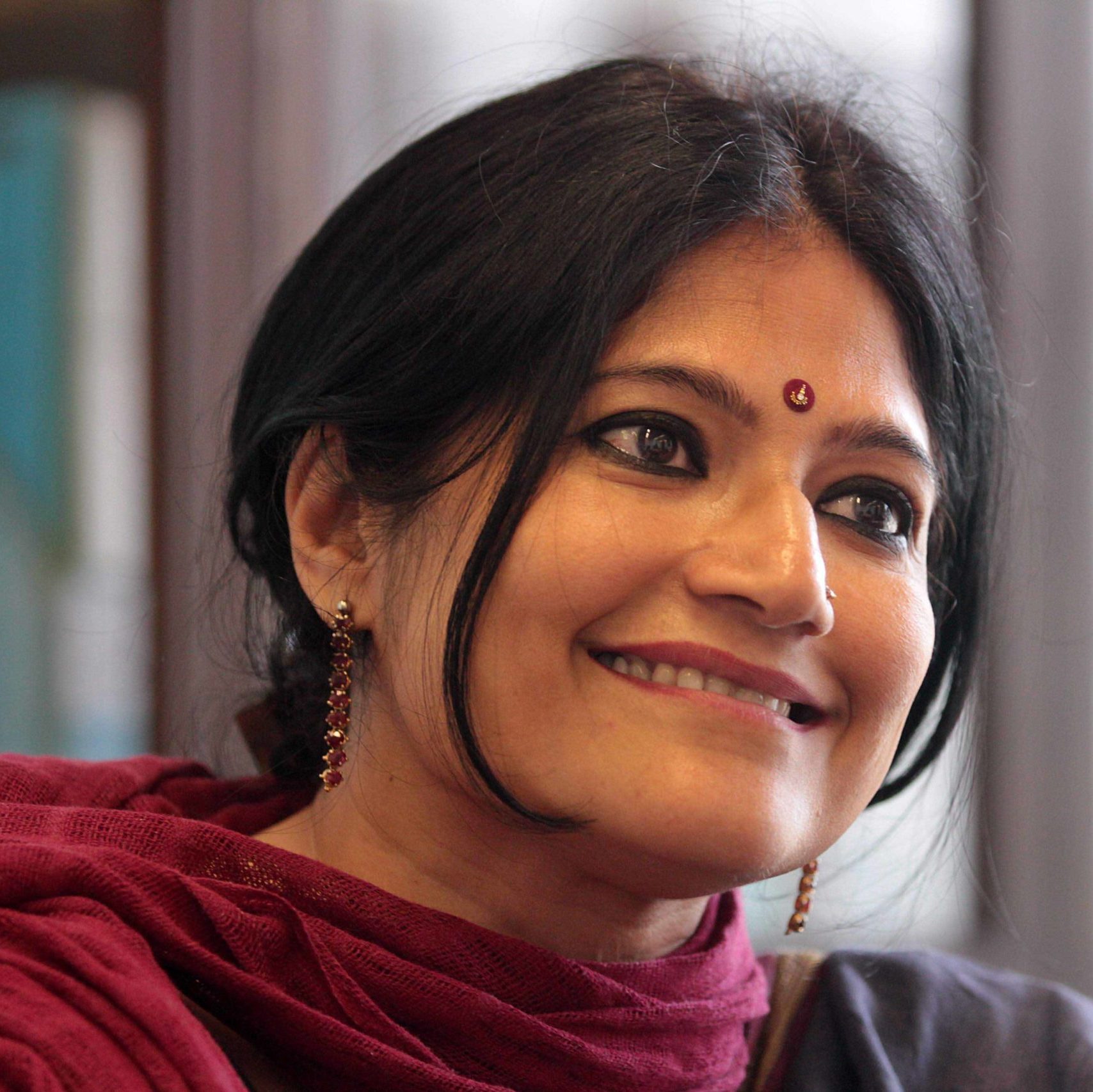
Runa Khan founded Friendship, an International SPO in 2002. In Bangladesh, a country facing humanity’s most pressing challenges, Friendship works for vulnerable people in the remotest communities.

Runa Khan
Runa Khan founded Friendship, an International SPO in 2002. In Bangladesh, a country facing humanity’s most pressing challenges, Friendship works for vulnerable people in the remotest communities. Friendship’s strategy focuses on 4 vital challenges: Saving Lives, Poverty Alleviation, Climate Adaptation and Empowerment. She is the Founder and co-chair of Friendship International which operates from five European countries.
Runa khan is an advocate of climate change, human rights, women empowerment, leadership and importance of nurturing human values. She received numerous awards: Green Award by Positive Planet Foundation (2016), Social Innovation Leadership Award by World CSR Congress (2014), Social Entrepreneur Award, IDB (2008), Rolex Awards for Entrepreneurship (2006), an Ashoka fellow and Schwab Foundation Social Entrepreneur.
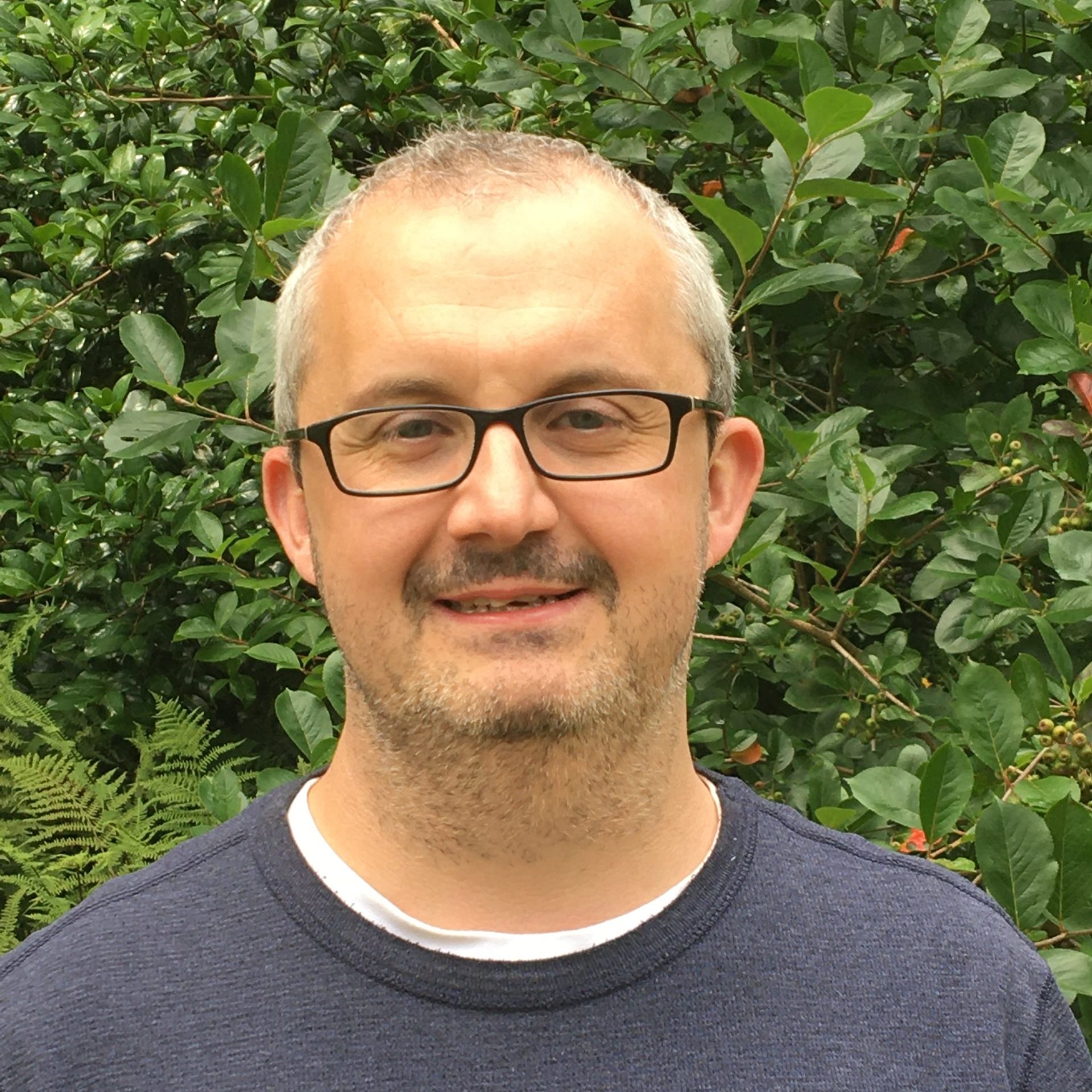
Paul O’Hare is a Senior Lecturer at Manchester Metropolitan University, UK. He is currently acting as policy lead for adaptation and resilience at the Manchester Climate Change Agency (MCCA).

Paul O’Hare
Paul O’Hare is a Senior Lecturer at Manchester Metropolitan University, UK. He is currently acting as policy lead for adaptation and resilience at the Manchester Climate Change Agency (MCCA).
His current role entails close co-operation with policy makers. This entails taking scientifically informed interpretations of resilience and giving them a city-level policy and practice perspective to ensure climate resilience initiatives gain traction across multiple agendas and scales. At a local level, he works with community and flood action groups attending meetings, advising on strategy and co-organizing events both regionally and in local neighbourhoods.
His contribution to the academic field of resilience is demonstrated through his authorship and co-authorship of over 20 peer-reviewed academic articles. Much of this work critically analyses the concept of resilience, drawing conclusions regarding the implications for climate change adaptation.
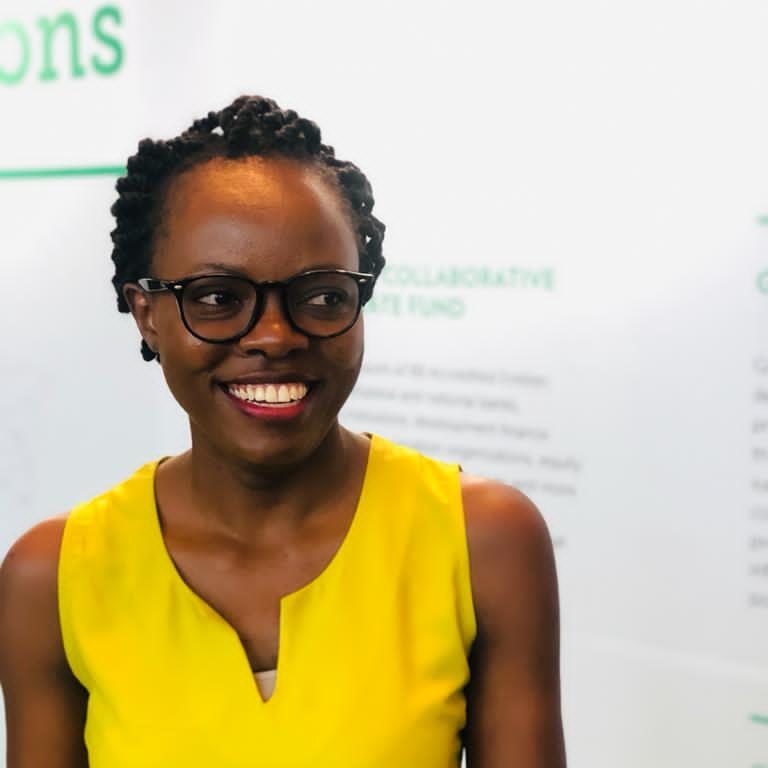
Jessica Omukuti is an academic from Kenya. She is a Research Fellow for Oxford Net Zero at the Institute for Science Innovation and Society (InSIS) at the University of Oxford (United Kingdom).

Jessica Omukuti
Jessica Omukuti is an academic from Kenya. She is a Research Fellow for Oxford Net Zero at the Institute for Science Innovation and Society (InSIS) at the University of Oxford (United Kingdom). Her research focuses on how equity and inclusivity can be integrated into global and national policies on net zero.
Her domains of expertise and experience are in resilience and adaptation to climate change, specifically climate finance, climate justice and equity, just transitions and climate adaptation and governance in the Global South, with particular expertise in Sub-Saharan Africa. She has co-led research on governance of climate change in the Caribbean and Latin America. She has previously worked at the University of York, the Green Climate Fund, Mercy Corps and CARE International.
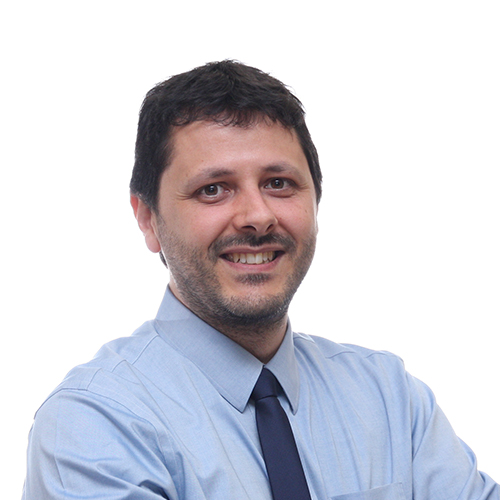
Ignacio Robles is a consultant Engineer with experience in both the private sector (WSP, Envision Sustainability Professional) and academia (University of Cantabria, Spain).

Ignacio Robles
Ignacio Robles is a consultant Engineer with experience in both the private sector (WSP, Envision Sustainability Professional) and academia (University of Cantabria, Spain). Working day by day on Technical Due Diligence, Sustainability and Resilience assessments, Traffic and information technology studies, Life cycle Costing analysis and Demand simulations, modelling and monitoring systems in order to improve existing and upcoming engineering solutions and make them future ready.
With experience in project management and coordination of new information technologies applied to transport systems, infrastructure sensors, redundancy against disruptive events, environmental impact and sustainability solutions. Involved in several international R&D projects on risks, resilience, monitoring tools, sensor and data analysis applied to infrastructures, environment and ecosystems.
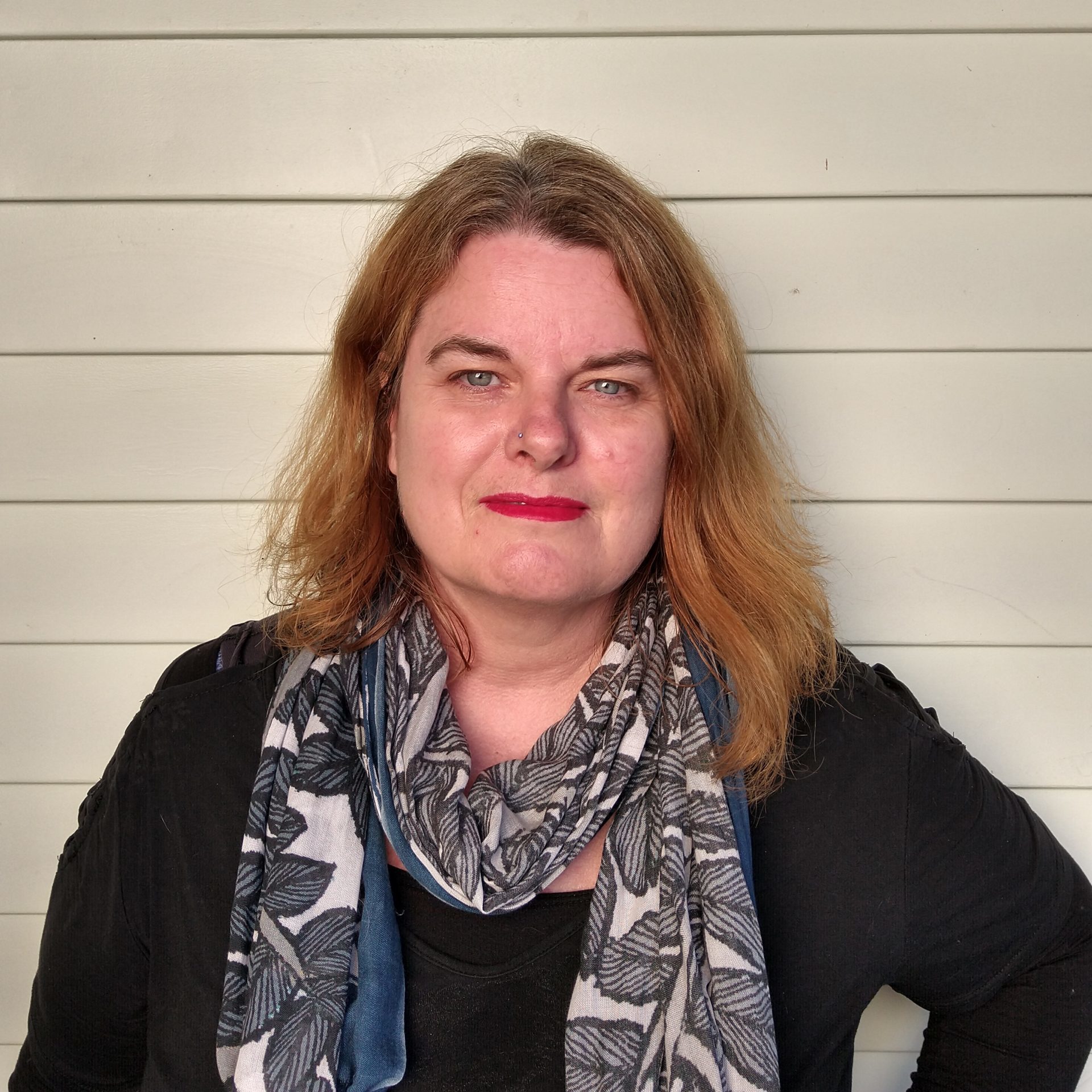
Annette Salked has academic qualifications matched with over 25 years working in the environment, climate and international development sectors, and a passion for working in the spaces that link between people and their environments.

Annette Salkeld
Annette Salked has academic qualifications matched with over 25 years working in the environment, climate and international development sectors, and a passion for working in the spaces that link between people and their environments.
Annette’s experience has been gained in national and international civil society organisations and local governments in her native Australia as well as countries in the Asia and Pacific regions.
Annette has significant experience in strategy and policy development, collaborative program design, project management and community engagement. Her technical specialisations include climate adaptation and resilience, natural resource management and nature-based solutions for both rural and urban areas. Annette is passionate about achieving gender justice and ensuring all people can drive the activities that impact on them. She is equally passionate about the need to solve our climate crisis and ensure that all people can adapt its impacts.
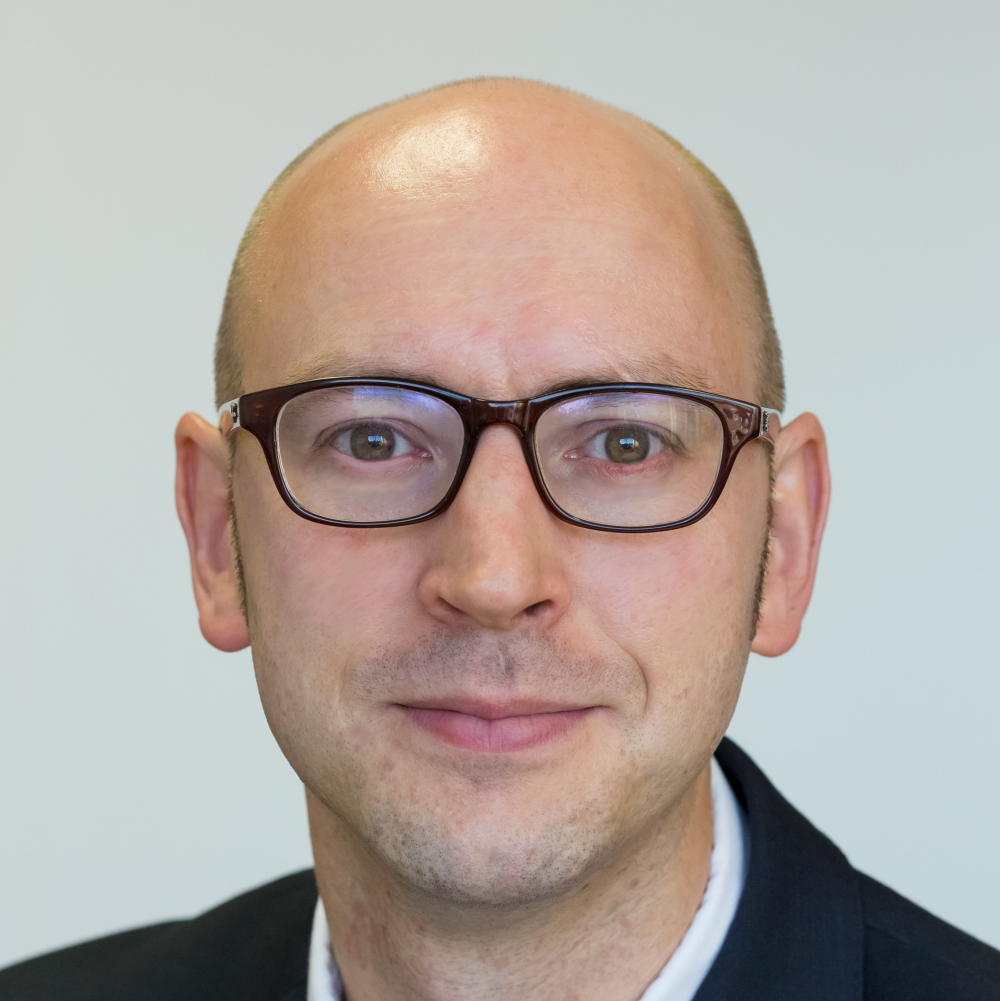
Tom Tanner is a development geographer with a background in environmental change, development studies, environmental economics and political science.

Tom Tanner
Tom Tanner is a development geographer with a background in environmental change, development studies, environmental economics and political science. Now a policy-oriented academic researcher and postgraduate teacher, he has prior experience working with governmental and intergovernmental bodies in Bangladesh, Argentina and the UK, including as a UNFCCC negotiator and advisor. From the northeast of England, Tom is currently Director of the Centre for Environment, Development and Policy in the Department of Development Studies at SOAS University of London (UK), and a Research Associate at the Overseas Development Institute (ODI).
Tom’s practice-oriented resilience and adaptation research works directly with communities, NGOs, businesses and governments. His research specialisms include policy and planning, urban resilience strategies, co-benefits methodologies, policy entrepreneurship, access to finance, and youth-led approaches.
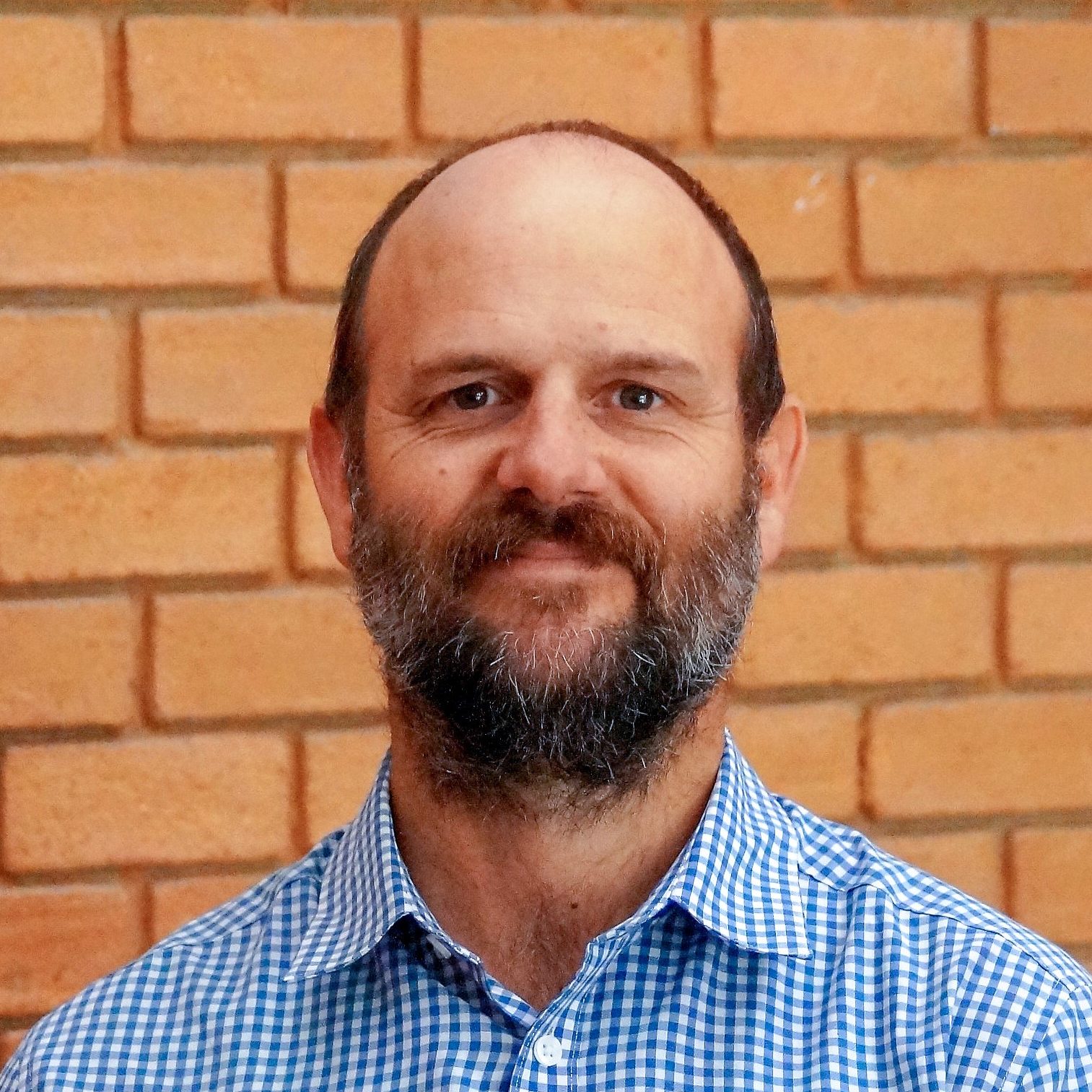
Sebastian is an Associate Professor at the School of Engineering and Director of the Centro de Cambio Global (Global Change Research Center) in Chile. His research interests are related to water resources, hydrologic modelling, climate change adaptation and integrated watershed management.

Sebastian Vicuna
Sebastian is an Associate Professor at the School of Engineering and Director of the Centro de Cambio Global (Global Change Research Center) in Chile. His research interests are related to water resources, hydrologic modelling, climate change adaptation and integrated watershed management.
Related to these research areas, Sebastian was Lead Author for the Second Assessment Report on Climate Change and Cities (ARC3-2), was a Lead Author of the IPCC 5th Assessment Report in the chapter on Climate Change Impacts in Central and South America and was a Review Editor for the IPCC Special Report on Climate Change and Extreme Events in the chapter impacts.
Sebastian is a Chilean Environmental Engineer from the Pontificia Universidad Católica de Chile. In 2004 he earned a Masters in Public Policy and a Masters in Environmental Engineering from the University of California at Berkeley. In 2007 he obtained a PhD in Environmental Engineering from the same university.
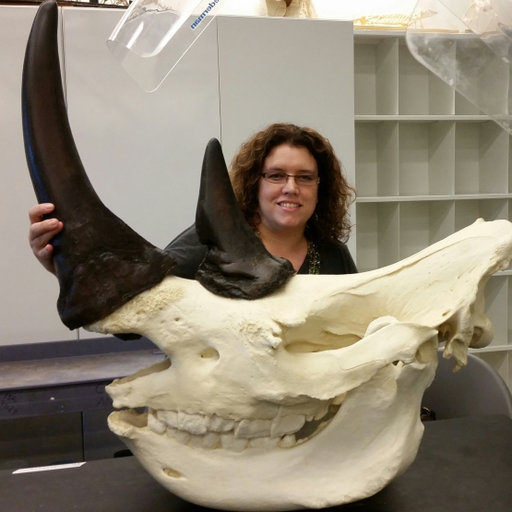
Terry-René Wiesner Brown PhD, is natural resources professional with over 25 years of experience in ecosystem-based approaches to land, water, and biodiversity protection, with climate change mitigation, adaptation, and resiliency applications.

Terry-René Wiesner Brown
Terry-René Wiesner Brown PhD, is natural resources professional with over 25 years of experience in ecosystem-based approaches to land, water, and biodiversity protection, with climate change mitigation, adaptation, and resiliency applications.
She has experience with subnational governments, civil society organisations, and academia, and is based in the United States. She works for Pasco County, Florida, and serves as a volunteer board member for the Tampa Bay Conservancy and the Florida Wildlife Federation (United States).
Dr Brown is also a civil society delegate through the UNFCCC and a participant in the Research and Independent Nongovernmental Organizations (RINGO) constituency.
Her doctoral research concentrated on elevated carbon dioxide effects on freshwater ecosystems, and she was awarded a Fulbright Scholarship focused on climate change science and policy in the European Union. Her work has centered on rural and coastal resiliency, with some experience in urban resilience.
The Methodological Advisory Group
The Methodological Advisory Group (MAG) of Race to Resilience is co-led by the International Institute for Environment and Development (IIED) and the University of Maryland. It is composed of experts from the following organizations: Global Covenant of Mayors, South South North, Global Resilience Partnership, InsuResilience Global Partnership, One Planet Business for Biodiversity and CDC Group.
The Center for Climate and Resilience Research (CR2, Chile) is the Technical Secretariat to the MAG. The Technical Secretariat convenes, prepares and facilitates discussions among MAG members for the joint revision of the Race to Resilience Metrics Framework and its initial phase of application by partner initiatives.
The MAG will conclude its service to the High Level Champions post-COP26 after reviewing the initial phase of application of the Metrics Framework by partner initiatives
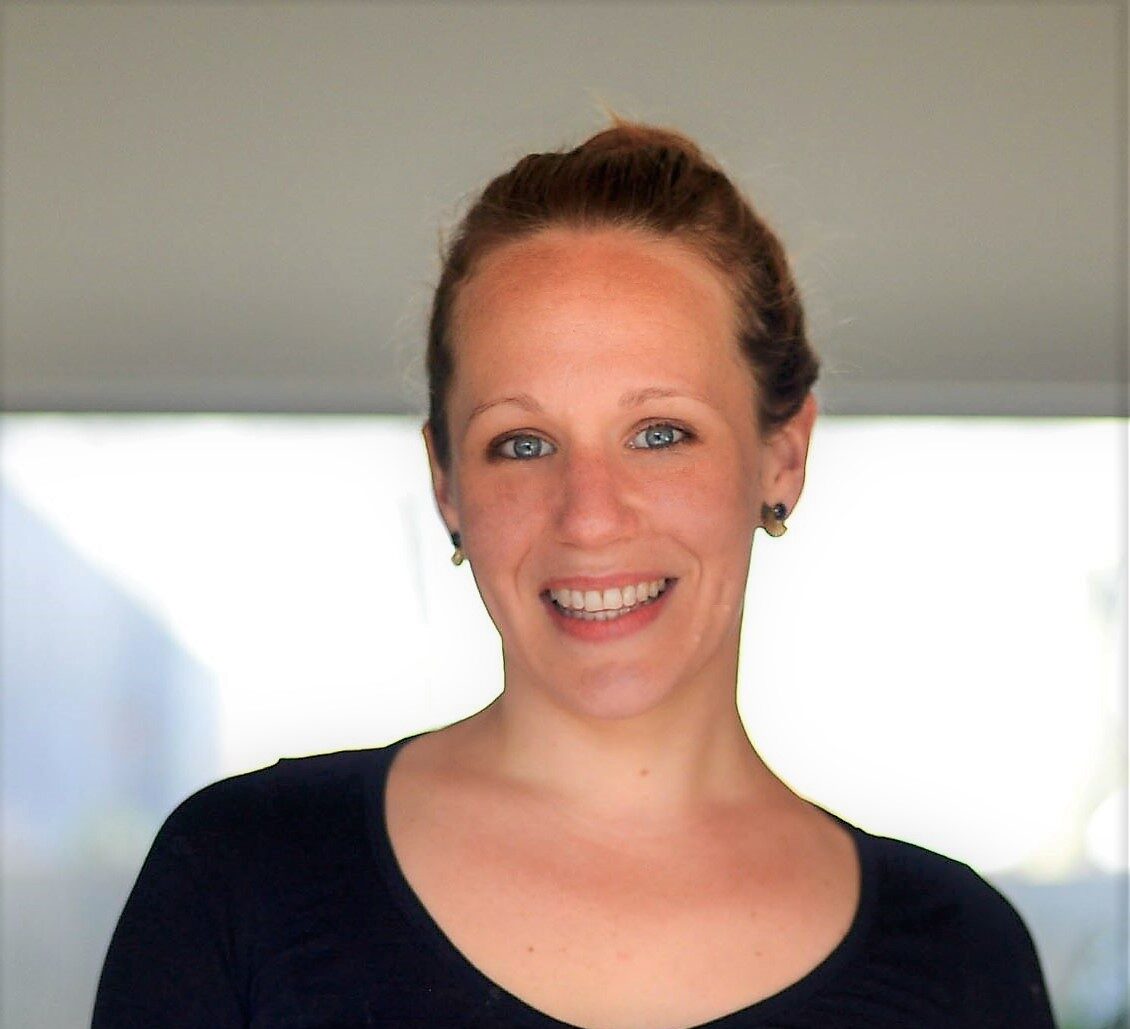
Emilie Beauchamp (PhD) is a senior researcher and policy analyst with 15 years of multi-sector experience in evaluation and research methods in environmental change and sustainability. She is passionate about understanding the pathways to impact environmental and climate interventions, using mixed approaches with a strong social inclusion lens.

Emilie Beauchamp, MAG Co-Lead
Emilie Beauchamp (PhD) is a senior researcher and policy analyst with 15 years of multi-sector experience in evaluation and research methods in environmental change and sustainability. She is passionate about understanding the pathways to impact environmental and climate interventions, using mixed approaches with a strong social inclusion lens.
She is currently the Lead for Monitoring, Evaluation and Learning for Adaptation at the International Institute for Sustainable Development, where she works on policy and practices related to the design of MEL and evidence systems across the adaptation policy and planning cycles, including analysis, guidance. She works with local, national and global actors to strengthen capacities in research and evaluation methods for sustainable development.
Her work on evaluation and research designs spans several areas of development, including climate, conservation, water management, land use change and agriculture. Her interests expand into advising and collaborating with the corporate ESG sector and with academia. She is a Research Associate at University of Exeter and University of Cambridge. Other expertise includes econometrics, statistical and geo-spatial modelling of socio-ecological data.
Emilie is a multi-lingual Canadian (Québécoise) based in London, UK. She has worked with local communities across Southeast Asia and Asia Pacific (Cambodia, Laos, Myanmar, Papua New Guinea), West Africa (Senegal, Mali, Cameroon), East Africa (Kenya, Tanzania), India, Barbados and Costa Rica.
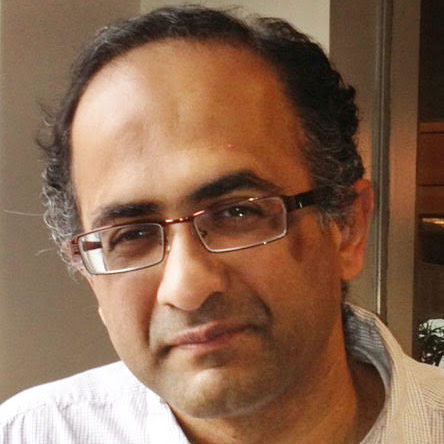
Anand Patwardhan is Professor in the School of Public Policy at the University of Maryland, College Park. He was earlier a Professor at the Indian Institute of Technology-Bombay. Anand has a BTech (Electrical Engineering) from IIT-Bombay and a MS (Civil Engineering) and PhD (Engineering and Public Policy), both from Carnegie Mellon University.

Anand Patwardhan, MAG Co-Lead
Anand Patwardhan is Professor in the School of Public Policy at the University of Maryland, College Park. He was earlier a Professor at the Indian Institute of Technology-Bombay. Anand has a BTech (Electrical Engineering) from IIT-Bombay and a MS (Civil Engineering) and PhD (Engineering and Public Policy), both from Carnegie Mellon University. Anand’s research focuses on mitigation and adaptation responses to climate change, with a particular emphasis on the assessment of vulnerability and adaptation. He is also interested in broader issues of science, technology and innovation policy. He has been a coordinating lead author for the third, fourth and fifth assessment reports of the IPCC, and a member of the Scientific and Technical Advisory Panel (STAP) of the Global Environmental Facility. He currently serves as co-chair of the Science Committee of the World Adaptation Science Program (WASP) and co-chair of the Adaptation Research Alliance.
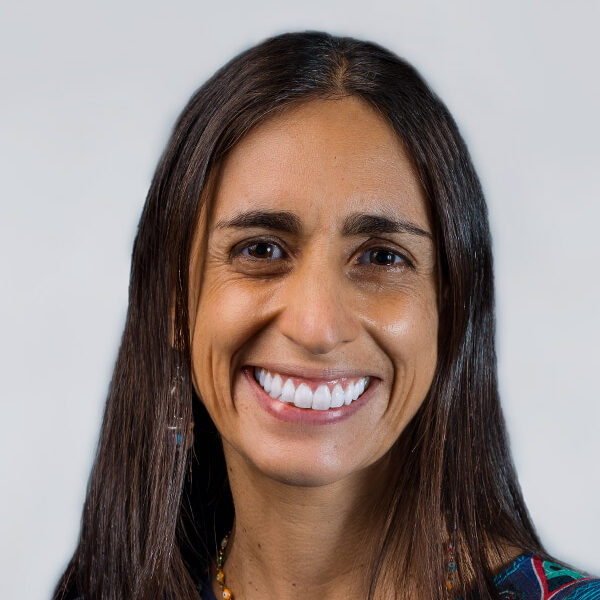
Dr. Ana Maria Loboguerrero is a Colombian scientist that holds a Master and a PhD on Economics from University of California, Los Angeles, USA (UCLA). Dr. Loboguerrero is Research Director of Climate Action for the Alliance of Bioversity International and International Center for Tropical Agriculture – CGIAR (Italy).

Ana Maria Loboguerrero, MAG Co-Lead
Dr. Ana Maria Loboguerrero is a Colombian scientist that holds a Master and a PhD on Economics from University of California, Los Angeles, USA (UCLA). Dr. Loboguerrero is Research Director of Climate Action for the Alliance of Bioversity International and International Center for Tropical Agriculture – CGIAR (Italy). In this position, Ana Maria provides strategic leadership of the Alliance’s Climate Action Research Program to mainstream climate action in food systems for adaptation and mitigation. She has more than 13 years’ experience of working on climate change challenges. Through her work, Dr. Loboguerrero has contributed to strengthen the agricultural sector around the world to build resilience against climate variability and extremes.
Dr. Loboguerrero research agenda takes an interdisciplinary approach using both quantitative and qualitative methods and theories from social and natural sciences to address some of the fundamental challenges imposed by climate change in the Global South. She has concentrated on developing research projects to explore means of creating dialogue between researchers and farmers that would provide farmers with options to build resilience in the face of both short- and longer-term variations in climate.
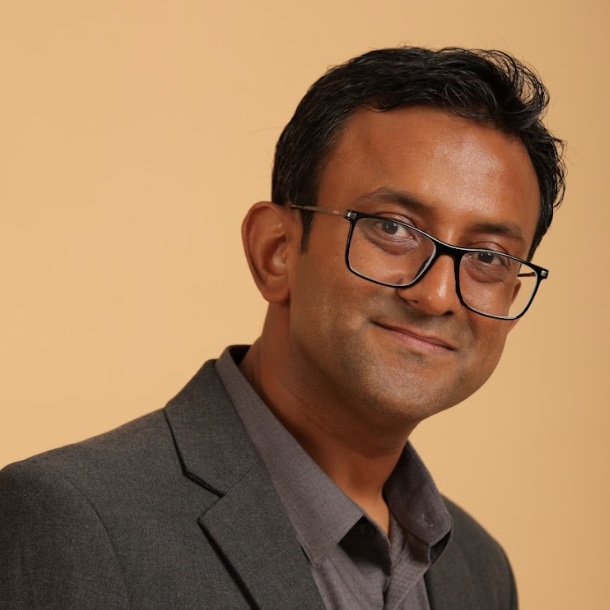
Born in Bangladesh, Md. Nurul Alam is the Resilient Infrastructure Specialist for the Asian Disaster Preparedness Center (ADPC) in Bangkok, Thailand. He is also currently leading the Resilient Transport Sector of World Bank supported The “Climate Adaptation and Resilience (CARE) for South Asia project (component 2). He has developed expertise in resilient infrastructure for any […]

Nurul Alam
Born in Bangladesh, Md. Nurul Alam is the Resilient Infrastructure Specialist for the Asian Disaster Preparedness Center (ADPC) in Bangkok, Thailand. He is also currently leading the Resilient Transport Sector of World Bank supported The “Climate Adaptation and Resilience (CARE) for South Asia project (component 2). He has developed expertise in resilient infrastructure for any vulnerable urban, semi-urban, and rural environments through his work on structural and climate risk assessment and mitigation projects throughout Central and South Asia, the Pacific, and North America.
He was a Project Manager for the Aga Khan Agency for Habitat’s Safe and Resilient Construction section before joining ADPC. He was working on projects including risk and vulnerability analysis that led to multi-hazard retrofitting for social and economic infrastructure. He previously worked as a senior structural engineer with ADPC on major projects like CDMP I and II, MRVAM, ERRP-UNDP-CHTDF, etc. Additionally, he directed the multiple hazard risk assessment study for the Canadian city of Kelowna while pursuing his academic and research career at the University of British Columbia. Nurul has degrees in civil engineering from the University of British Columbia in Canada (MASc) and the Bangladesh University of Engineering & Technology (BSc), respectively. In peer-reviewed journals and at international conferences, he has published a number of academic and technical works on climate resilience, seismic vulnerability, risk assessment, and mitigation.
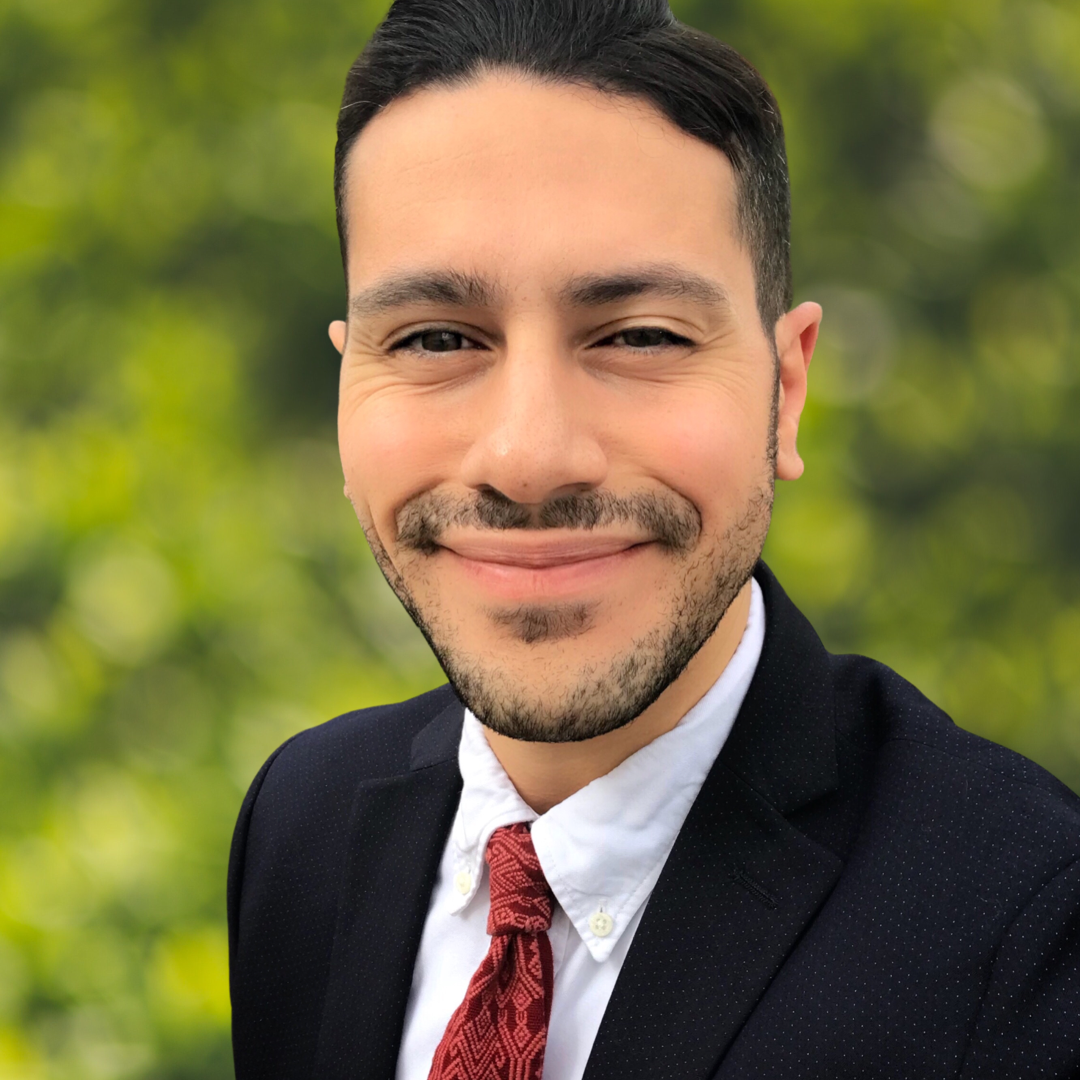
Tariq Al-Olaimy is a social entrepreneur and civil society leader from the Kingdom of Bahrain. He is a co-founder and managing director of 3BL Associates, a global ecosystem of social and planetary system enterprises. With impact in over 90 countries, 3BL operates at the intersection of climate and ecosystem systems resilience, the wellbeing economy, board […]

Tariq Al-Olaimy
Tariq Al-Olaimy is a social entrepreneur and civil society leader from the Kingdom of Bahrain. He is a co-founder and managing director of 3BL Associates, a global ecosystem of social and planetary system enterprises. With impact in over 90 countries, 3BL operates at the intersection of climate and ecosystem systems resilience, the wellbeing economy, board leadership, and multi-species collaborations.
Tariq has a diverse educational background, with expertise in investment and financial risk management, exponential innovation, post-growth economics, biomimicry, and spiritual ecology. He has also held advisory, board, and co-chair roles with organizations such as UNESCO, the World Economic Forum, the UN Decade on Ecosystem Restoration, and EAT – a science-based global platform dedicated to transforming food systems.
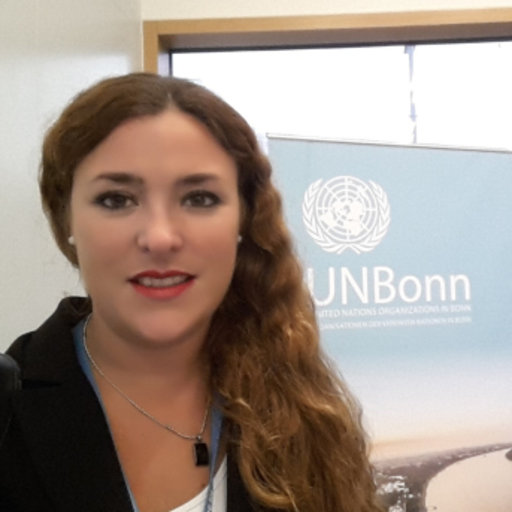
Dr. Pilar Bueno Rubial is a Senior Researcher at the National Council of Scientific and Technical Research (CONICET) of Argentina. She was a member of the UNFCCC Adaptation Committee and former co-chair. She negotiated adaptation for Argentina at the UNFCCC and was leading coordinator of the G77 and China on adaptation.

Pilar Bueno
Dr. Pilar Bueno Rubial is a Senior Researcher at the National Council of Scientific and Technical Research (CONICET) of Argentina. She was a member of the UNFCCC Adaptation Committee and former co-chair. She negotiated adaptation for Argentina at the UNFCCC and was leading coordinator of the G77 and China on adaptation. She leads the Project Argentina 1.5ºC, as well as the Center of Studies in Environmental Policies of the National University of Rosario (UNR) and the Department of Environment and Development of the National University of La Plata. She is former Secretary of Climate Change in Argentina and current Academic Coordinator of the Diploma in Political Management of Climate Change in Latin America and the Caribbean (UNR) and Undersecretary of Climate Change of Rosario, Argentina.
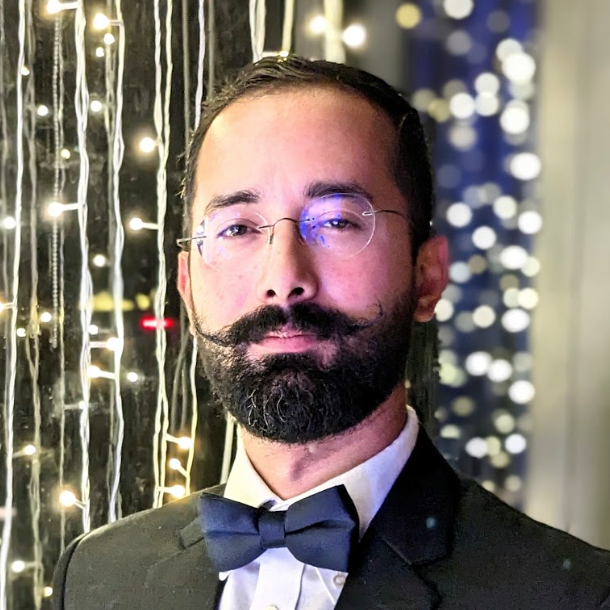
Ankan De has more than 11 years of experience working in the Public Sector. He is based out of New Delhi, India. While he has worked in a diverse range of areas, he has specialisation in the areas of Water (Hydrology), Environment/Climate change, Geospatial/Remote Sensing Technologies, and Emerging Technologies. He has worked across a range […]

Ankan De
Ankan De has more than 11 years of experience working in the Public Sector. He is based out of New Delhi, India. While he has worked in a diverse range of areas, he has specialisation in the areas of Water (Hydrology), Environment/Climate change, Geospatial/Remote Sensing Technologies, and Emerging Technologies. He has worked across a range of different sectors where he has functionally supported activities pertaining to Natural Resource Management, Quantitative Modelling, Governance, Data Collection and Systems, IT Systems Design, Innovation and Technology Application, Policy Development and Analysis, Human-Technology Interactions, Knowledge Management, Fund Management, Programme/Project Design and Management, and Institutional Reforms.
He is presently a Senior Manager at EY (India), prior to which he was an Innovation Lead at NITI Aayog (the Government of India’s Central Think Tank). He has previously worked for the World Bank (IBRD), GIZ, DST (Government of India), and various state governments (Meghalaya, West Bengal etc.). He had been involved in the establishment of a Climate Change Adaptation Centre (for the Indian North East Region) and has supported various Climate Change Adaptation and Disaster Risk Management Projects in differing capacities. He has been a youth Climate Leader and has been involved with the Indian Youth Climate Network for more than 13 years (where he also served on its Board from 2017-2022). He had earlier been involved with the UN Major Group for Children and Youth and was a SustainUS delegate for UNCSD-19 (2011). He has a Bachelor’s Degree in Electrical Engineering from Clemson University and a Master’s Degree in Environmental Engineering from Johns Hopkins University.
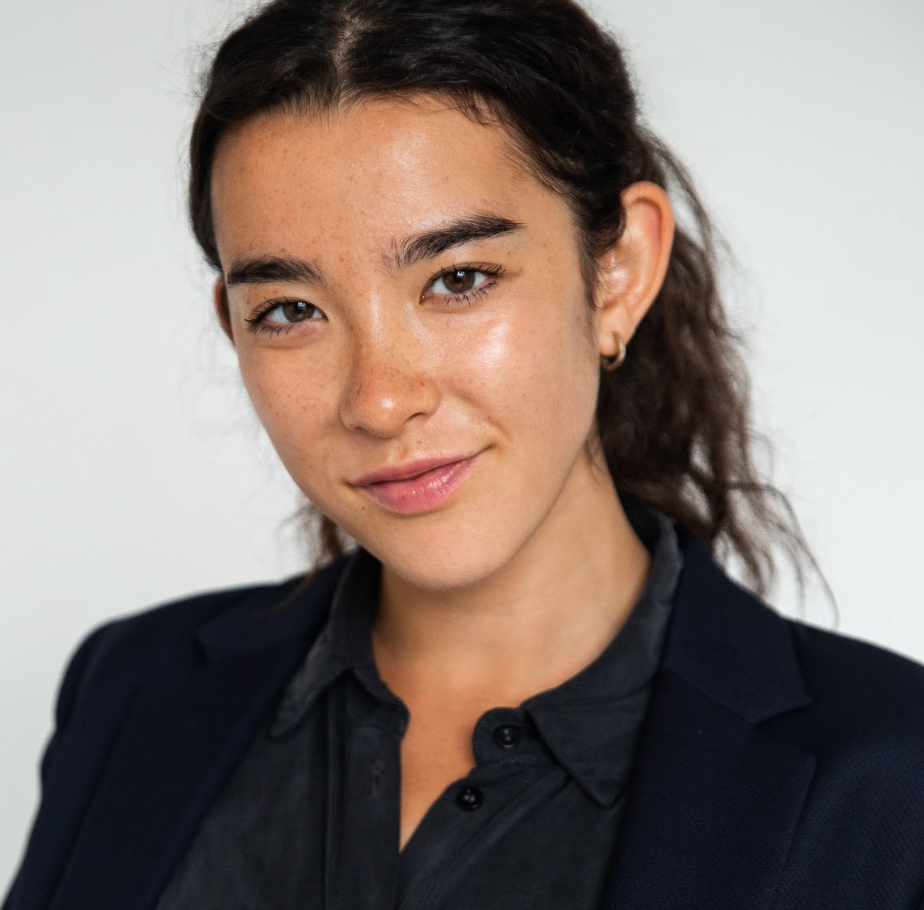
Portia Hunt is a Programme Advisor at the United Nations Environment Programme (UNEP). Her expertise lies in the development of climate change adaptation and resilience-building initiatives, with a focus on strengthening capacities for climate services and multi-hazard early warning systems in LDCs and SIDS. She has experience in analysing and advising on gender responsiveness and […]

Portia Hunt
Portia Hunt is a Programme Advisor at the United Nations Environment Programme (UNEP). Her expertise lies in the development of climate change adaptation and resilience-building initiatives, with a focus on strengthening capacities for climate services and multi-hazard early warning systems in LDCs and SIDS. She has experience in analysing and advising on gender responsiveness and social inclusion, and is passionate about ensuring a people-centred, whole-of-society approach to addressing the climate crisis. Portia is a British national and holds a Master’s in Natural Sciences from the University of Leeds (UK).
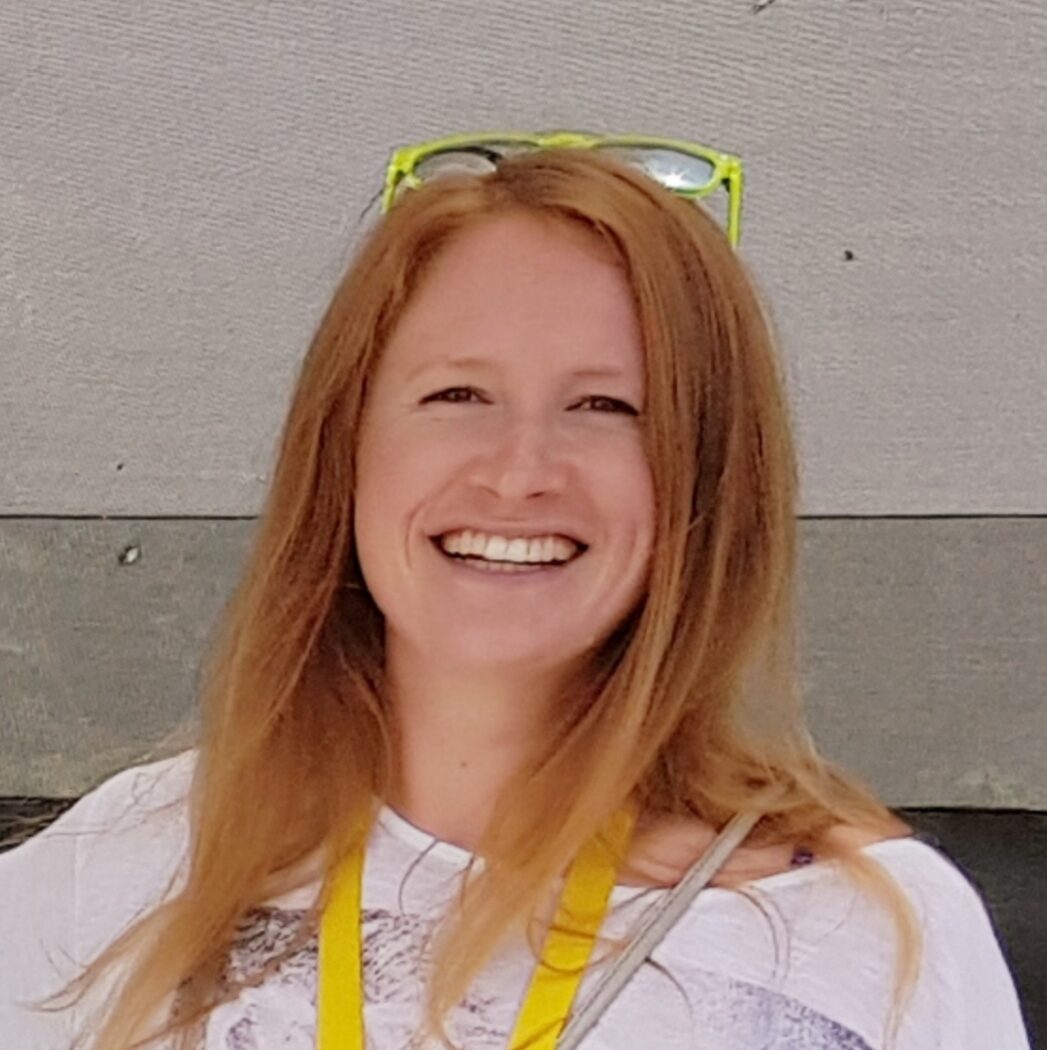
Policy and programmes adviser, Adaptation and Resilience Team, Energy, Climate and Environment Directorate.

Sophie Lawrence
Policy and programmes adviser, Adaptation and Resilience Team, Energy, Climate and Environment Directorate.

Jia Li
Profile: Not provided
Picture: Not provided
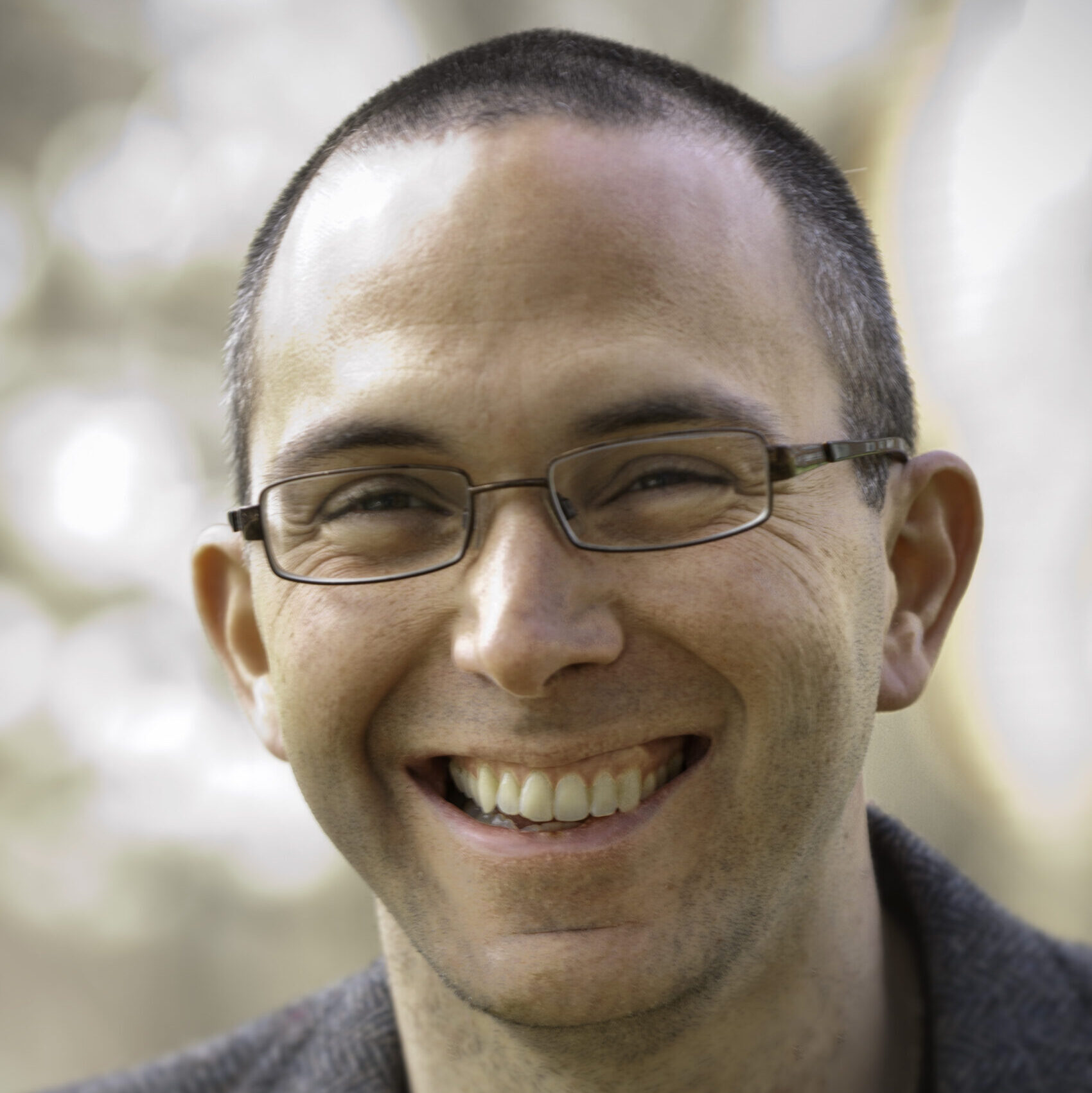
Dr. Robert McDonald is Lead Scientist for Nature-Based Solutions at The Nature Conservancy. He researches the impact and dependencies of communities on the natural world, studying how nature can increase resilience in the face of climate change and improve human health and well-being.

Robert McDonald
Dr. Robert McDonald is Lead Scientist for Nature-Based Solutions at The Nature Conservancy. He researches the impact and dependencies of communities on the natural world, studying how nature can increase resilience in the face of climate change and improve human health and well-being. He holds a PhD in Ecology from Duke University and has published more than 100 scientific publications and two books. Prior to joining the Conservancy, he was a Smith Conservation Biology Fellow at Harvard University, studying the impact global urban growth will have on biodiversity and conservation. He also taught landscape ecology at Harvard’s Graduate School of Design, helping architects and planners incorporate ecological principles into their projects.
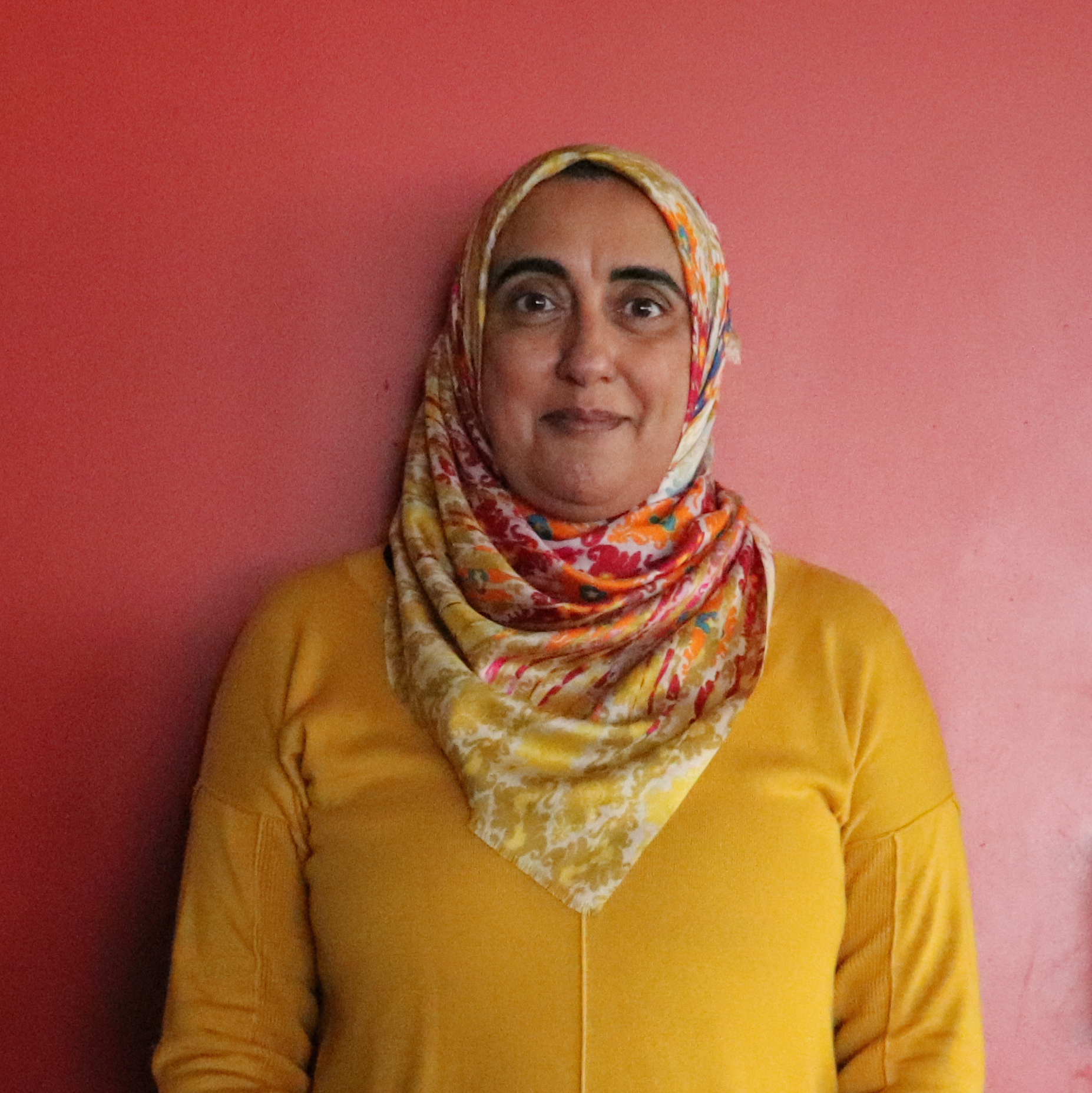
Shehnaaz is a Director at SSN, and is CEO of the Climate and Development Knowledge Network (CDKN) programme. Previously, Shehnaaz was the African Regional Coordinator for CDKN (2013-2017) and the Climate Resilience Lead for the Climate Resilient Infrastructure Development Facility (CRIDF).

Shehnaaz Moosa
Shehnaaz is a Director at SSN, and is CEO of the Climate and Development Knowledge Network (CDKN) programme. Previously, Shehnaaz was the African Regional Coordinator for CDKN (2013-2017) and the Climate Resilience Lead for the Climate Resilient Infrastructure Development Facility (CRIDF). Shehnaaz has overseen SSN’s Southern Africa Climate Finance Partnership (SACFP) programme since 2016. She has deep theoretical and practical expertise in delivering complex programmes addressing climate change within the African context. She previously consulted on a range of projects for the South African public sector, including managing the National Strategy for Sustainable Development, and she provided technical input to the waste service delivery and capacity assessment, and municipal infrastructure investment model. Prior to joining SSN, Shehnaaz was a researcher and lecturer in the department of Chemical Engineering at University of Cape Town.
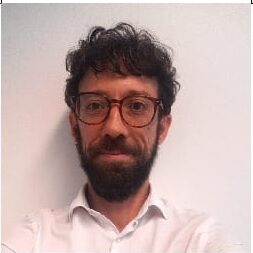
André Nahur is a biologist, with a master’s degree in conservation and biodiversity management from the University of Barcelona, a MBA in project management and a master’s degree in environmental economics from the University of Brasilia.

André Nahur
André Nahur is a biologist, with a master’s degree in conservation and biodiversity management from the University of Barcelona, a MBA in project management and a master’s degree in environmental economics from the University of Brasilia. For the last 15 years he has worked in organizations such as IPAM , GIZ, WWF, Conservation International and UNDP on the international, national and subnational agenda related to Climate Change, Conservation and Restoration, Sustainable production, renewable energy and green economy for sustainable development conservation.
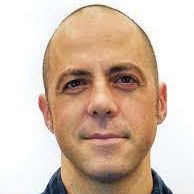
Albert leads the Global Resilience Partnerships work to advance the understanding and knowledge about resilience. Between 2012-2018, he served as Executive Director of Future Earth’s Programme on Ecosystem Change and Society (PECS).

Albert Norström
Albert leads the Global Resilience Partnerships work to advance the understanding and knowledge about resilience. Between 2012-2018, he served as Executive Director of Future Earth’s Programme on Ecosystem Change and Society (PECS). Following that he served as Deputy Director of the “Guidance for Resilience in the Anthropocene: Investments for Development” (GRAID) programme, which was hosted by the Stockholm Resilience Centre and funded by the Swedish International Development Cooperation Agency (Sida). Albert’s research focus is broad, and involves: i) work on the resilience of marine social-ecological systems, ii) identifying weak signals of positive change in the Anthropocene that can underpin futures that are desirable, just and sustainable, and iii) developing evidence-based frameworks to improve and operationalize knowledge co-production in sustainability research.
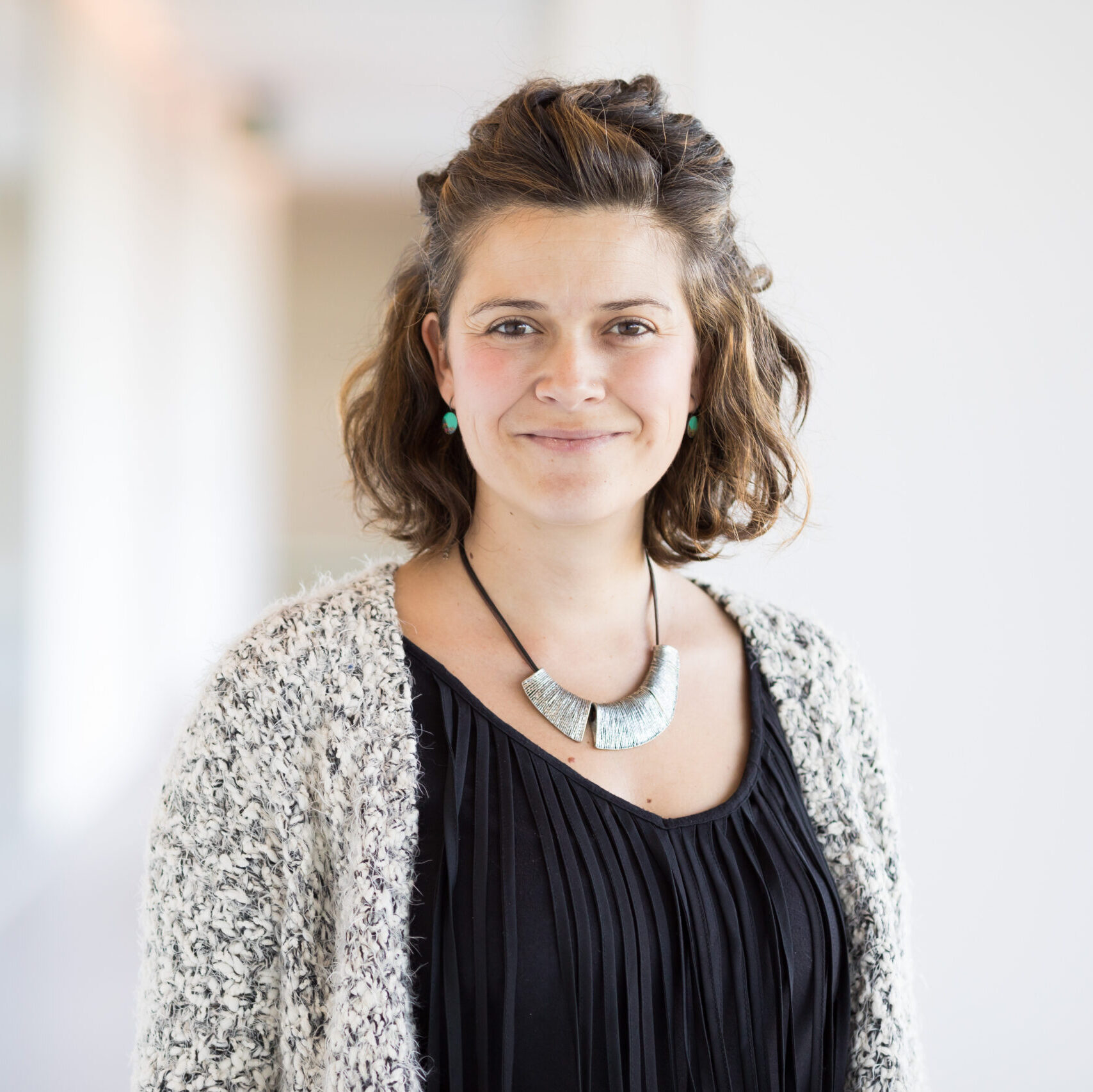
Dr. Marta Olazabal is an interdisciplinary scientist exploring pathways of progress on climate action in cities worldwide. She is an Ikerbasque Research Fellow and Head of the Adaptation Research Group at the Basque Centre for Climate Change (BC3).

Marta Olazabal
Dr. Marta Olazabal is an interdisciplinary scientist exploring pathways of progress on climate action in cities worldwide. She is an Ikerbasque Research Fellow and Head of the Adaptation Research Group at the Basque Centre for Climate Change (BC3). Dr. Olazabal has a background in Environmental Engineering, a PhD on Land Economy and over 18 years of experience in research and consultancy on urban sustainability and climate governance. She is interested in local climate policy, planning and decision-making and transdisciplinary knowledge production. Her current work focuses on the assessment of progress on adaptation to climate change at the local scale. Dr. Olazabal has an extensive publication record in top international peer-reviewed journals, actively advises national and international bodies and mentors MSc and PhD students. Since 2020, she is a member of the Steering Committee of the International Platform on Adaptation Metrics (IPAM).
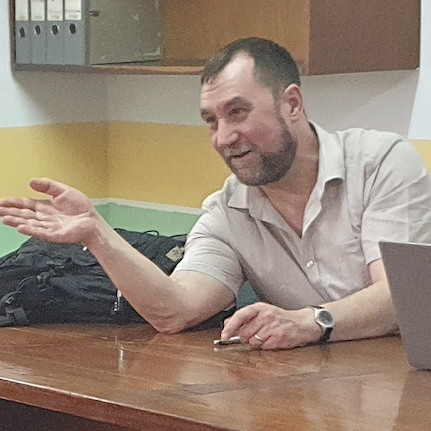
Karl Chairs the International Platform on Adaptation Metrics and leads its Techniques and Tools Committee. He serves as Executive Chairman of The Higher Ground Foundation and is co-founder of the consultancy Climate Adaptation Works.

Karl Schultz
Karl Chairs the International Platform on Adaptation Metrics and leads its Techniques and Tools Committee. He serves as Executive Chairman of The Higher Ground Foundation and is co-founder of the consultancy Climate Adaptation Works.
A US and UK dual citizen, Karl is based in London and chairs the International Platform on Adaptation Metrics – IPAM (Morocco) and leads its Techniques and Tools Committee. He serves as Executive Chairman of The Higher Ground Foundation (UK) and is co-founder of the consultancy Climate Adaptation Works (UK and USA).
Having worked on public and private sector solutions to climate change since 1994, he is an experienced adaptation practitioner responsible for a variety of climate adaptation investment projects from vulnerability assessment and impact costing, to project design, finance, and monitoring and evaluation. Since 2009 he has been leading development of governance and mechanisms to engage with private companies on climate adaptation.
Karl is the creator of the climate Vulnerability Reduction Credit (VRC™) instrument and associated climate adaptation standards and governance system (VRC Standard Framework). He has led development of climate risk assessment and adaptation tools such as the Vulnerability Reduction Project Manager (VRPM™) and IPAM’s Adaptation Metrics Mapping Evaluation (AMME) Framework.
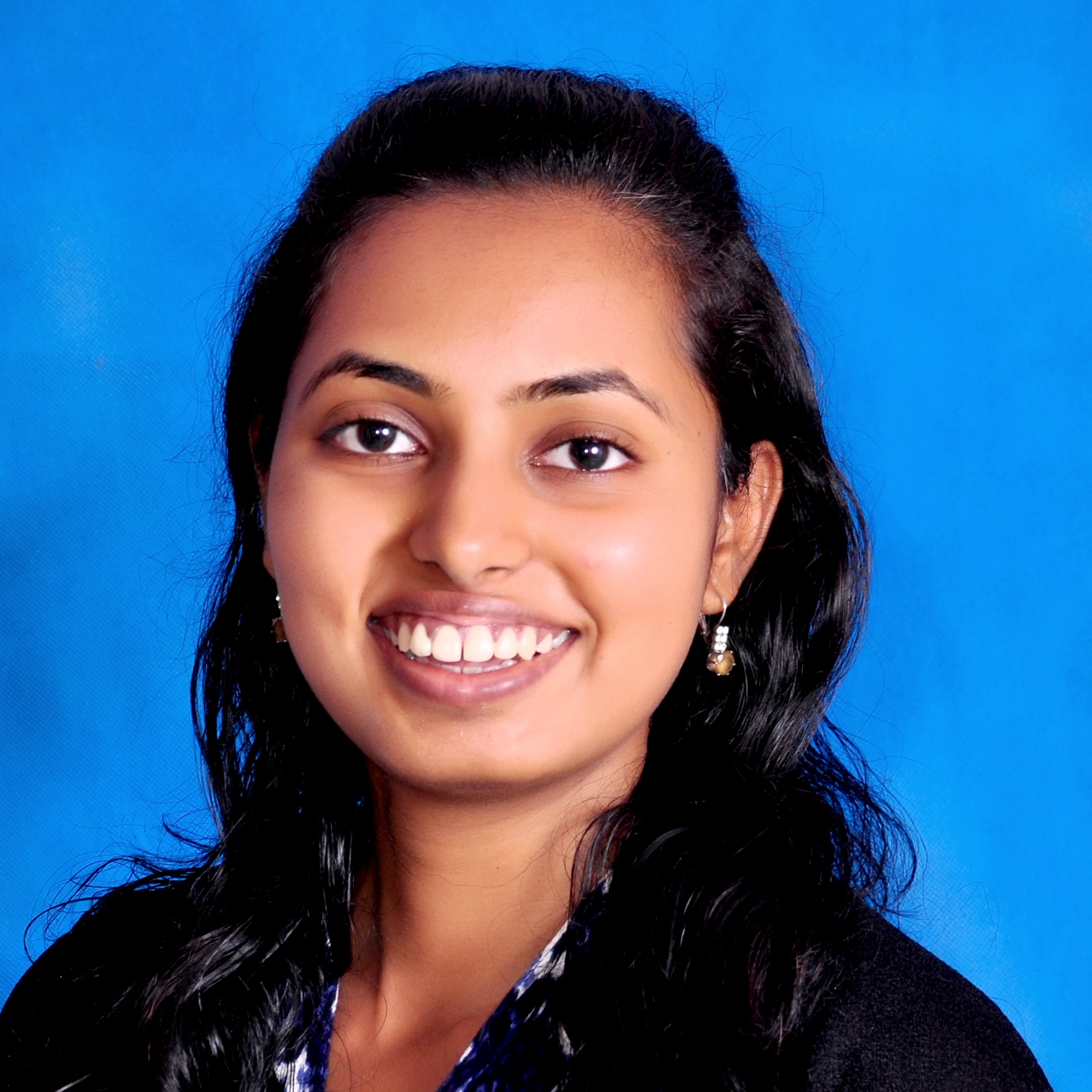
Revathi Sharma Kollegala is a distinguished expert from civil society organisations with roots in India. She currently serves as a technological mentor at SEWA Cooperative Federation and co-chairs the Value Commission at the Capitals Coalition. She has a dynamic career portfolio across various global organizations like MathWorks, Regen Foundation and the P2P Foundation. With a […]

Revathi Sharma Kollegala
Revathi Sharma Kollegala is a distinguished expert from civil society organisations with roots in India. She currently serves as a technological mentor at SEWA Cooperative Federation and co-chairs the Value Commission at the Capitals Coalition. She has a dynamic career portfolio across various global organizations like MathWorks, Regen Foundation and the P2P Foundation. With a strong focus on resilience and adaptation to climate change, Revathi combines her knowledge in digital innovation and emerging technologies such as AI and blockchain to drive positive environmental change. Her extensive experience encompasses strategizing and implementing sustainable solutions, creating and nurturing strategic partnerships, and leading teams for impact. Through her work, she fervently advocates for digital and social inclusion, translating technology into real-world impacts for communities and the planet with a focus on compassion.

Chiara Trabacchi
Profile: Not provided
Picture: Not provided
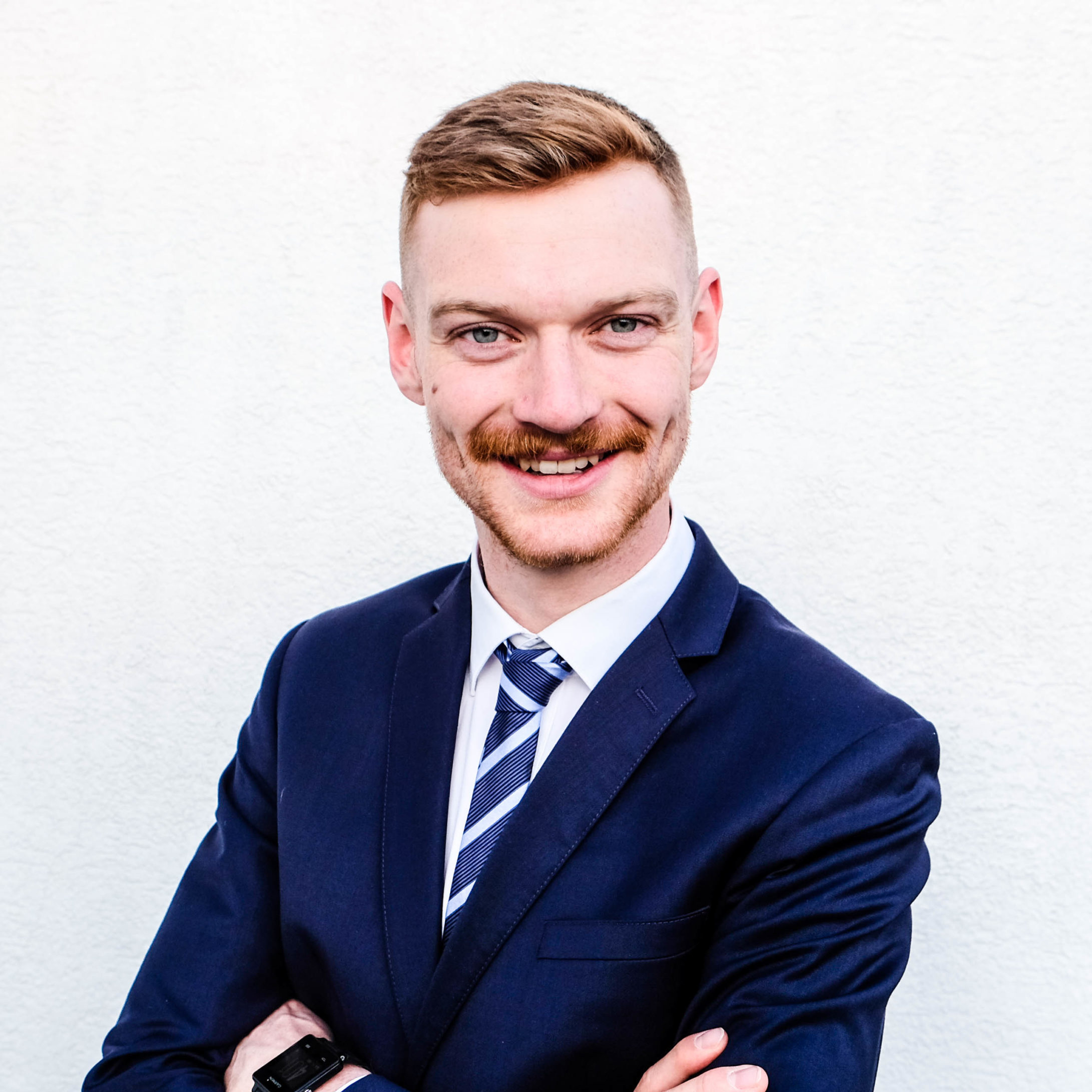
Kay Tuschen is a development economist with a MSc from Goettingen University. In his academic work, he focused on impact evaluation, financial behaviour and microfinance. He currently works in the InsuResilience Secretariat where he is responsible for the monitoring and evaluation of climate and disaster risk finance and insurance solutions under the InsuResilience Vision 2025.

Kay Tuschen
Kay Tuschen is a development economist with a MSc from Goettingen University. In his academic work, he focused on impact evaluation, financial behaviour and microfinance. He currently works in the InsuResilience Secretariat where he is responsible for the monitoring and evaluation of climate and disaster risk finance and insurance solutions under the InsuResilience Vision 2025.
This M&E framework is the first of its kind to track global activities and impacts of financial risk transfer on climate resilience. From the work in the Partnership, he has expertise in the development of M&E frameworks, data collection and analysis as well as participatory stakeholder involvement.
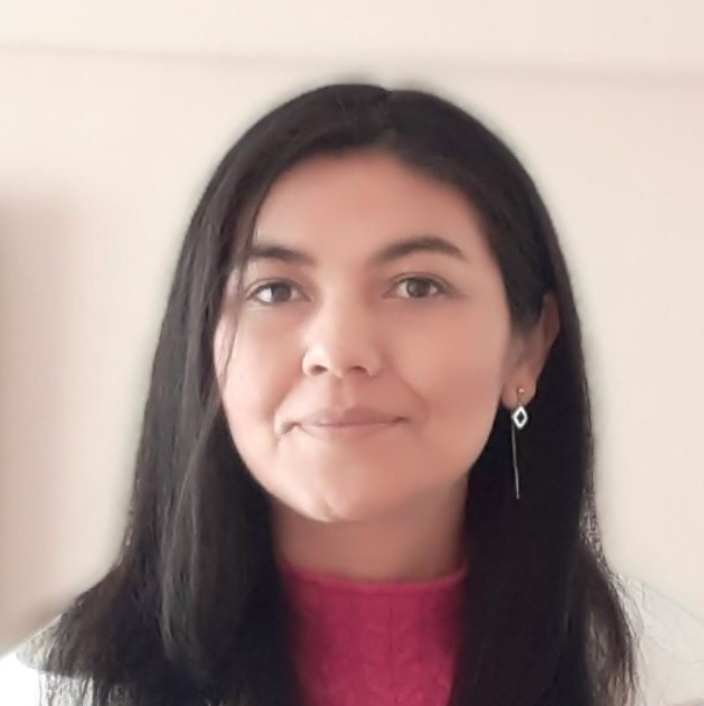
Patricia Villarroel Sáez is a Sustainability Consultant from Viña del Mar, Chile. She is a Biochemical Engineer with a MSc. degree in Environmental Engineering. Patricia is an expert in Environment, Pollution, and Renewable Energy, nominated by the Chilean Courts of Appeal (16). Her knowledge and interest in socio-ecological systems and metric frameworks, including low-carbon economy […]

Patricia Villarroel Sáez
Patricia Villarroel Sáez is a Sustainability Consultant from Viña del Mar, Chile. She is a Biochemical Engineer with a MSc. degree in Environmental Engineering. Patricia is an expert in Environment, Pollution, and Renewable Energy, nominated by the Chilean Courts of Appeal (16). Her knowledge and interest in socio-ecological systems and metric frameworks, including low-carbon economy models, come from diverse experiences in the private sector (ESG, Sustainability Indices, Renewables, Green Hydrogen), NGOs (Economy for the Common Good Matrix), and Academia (Researcher at PUCV, Chile, and UNC, Argentina). She also collaborates with crowdsourced knowledge initiatives, such as the REN21 community, and participates in public consultation processes, with a focus on influencing Public Policies in Chile (Energy and Climate).

